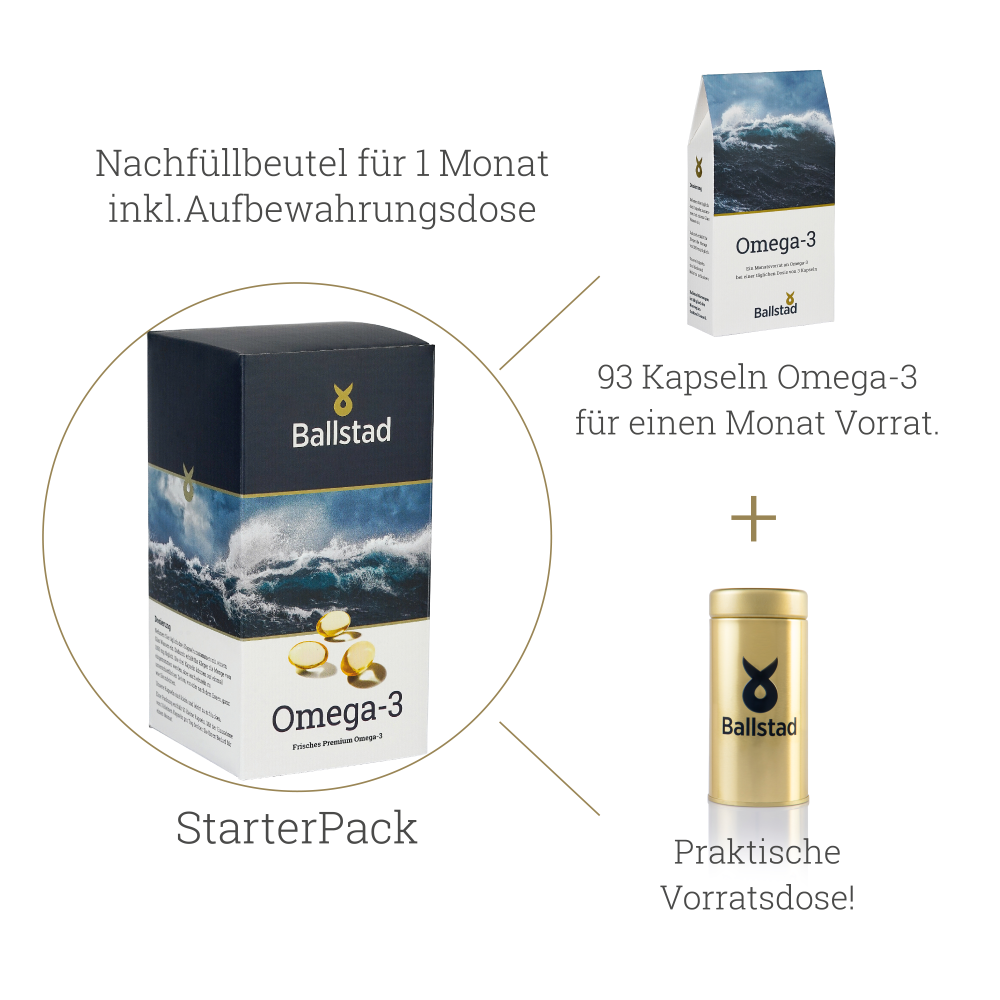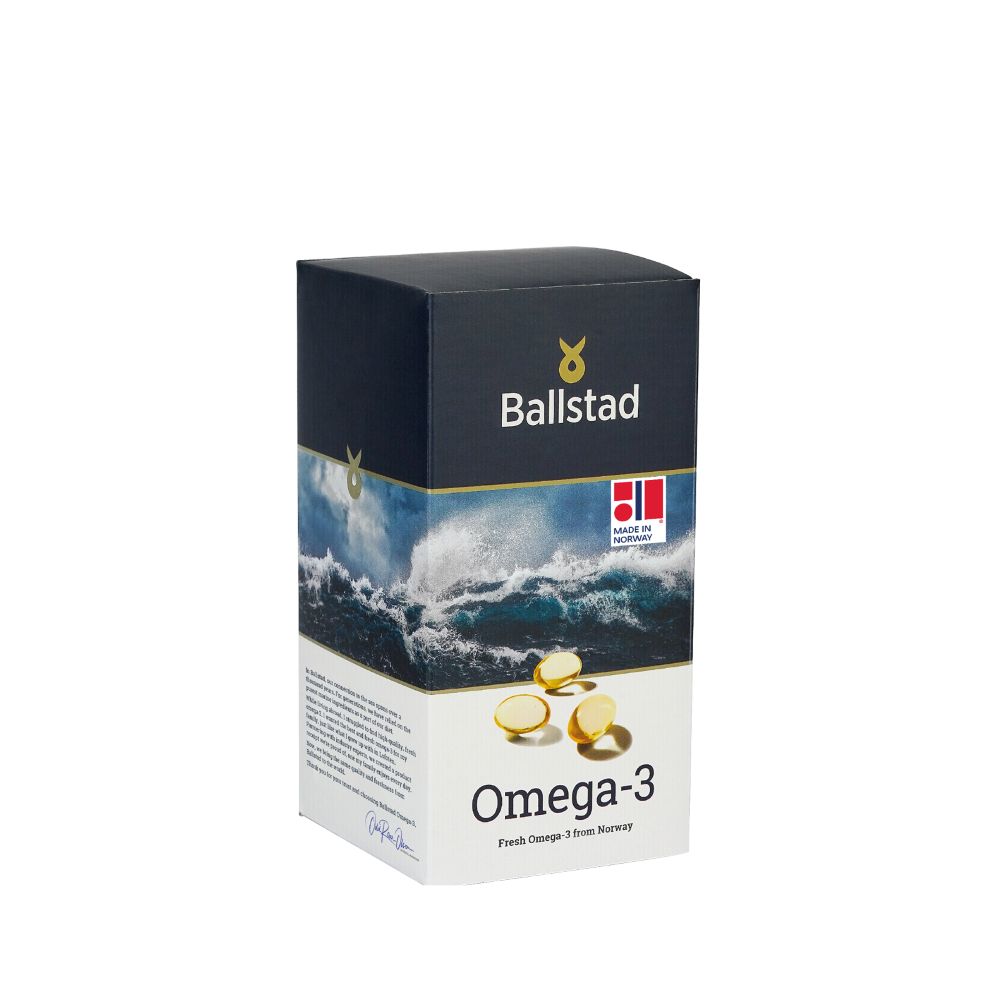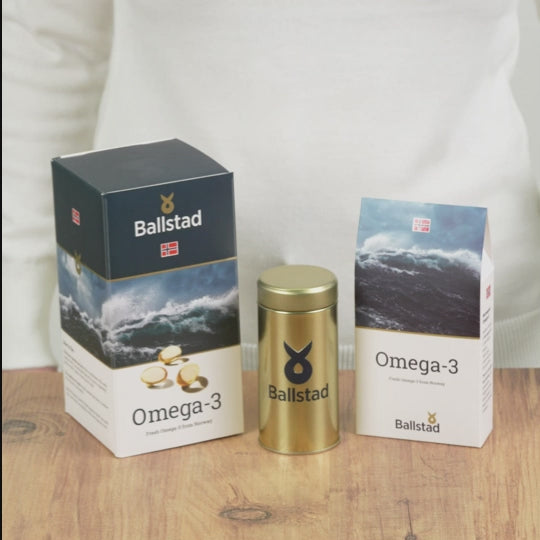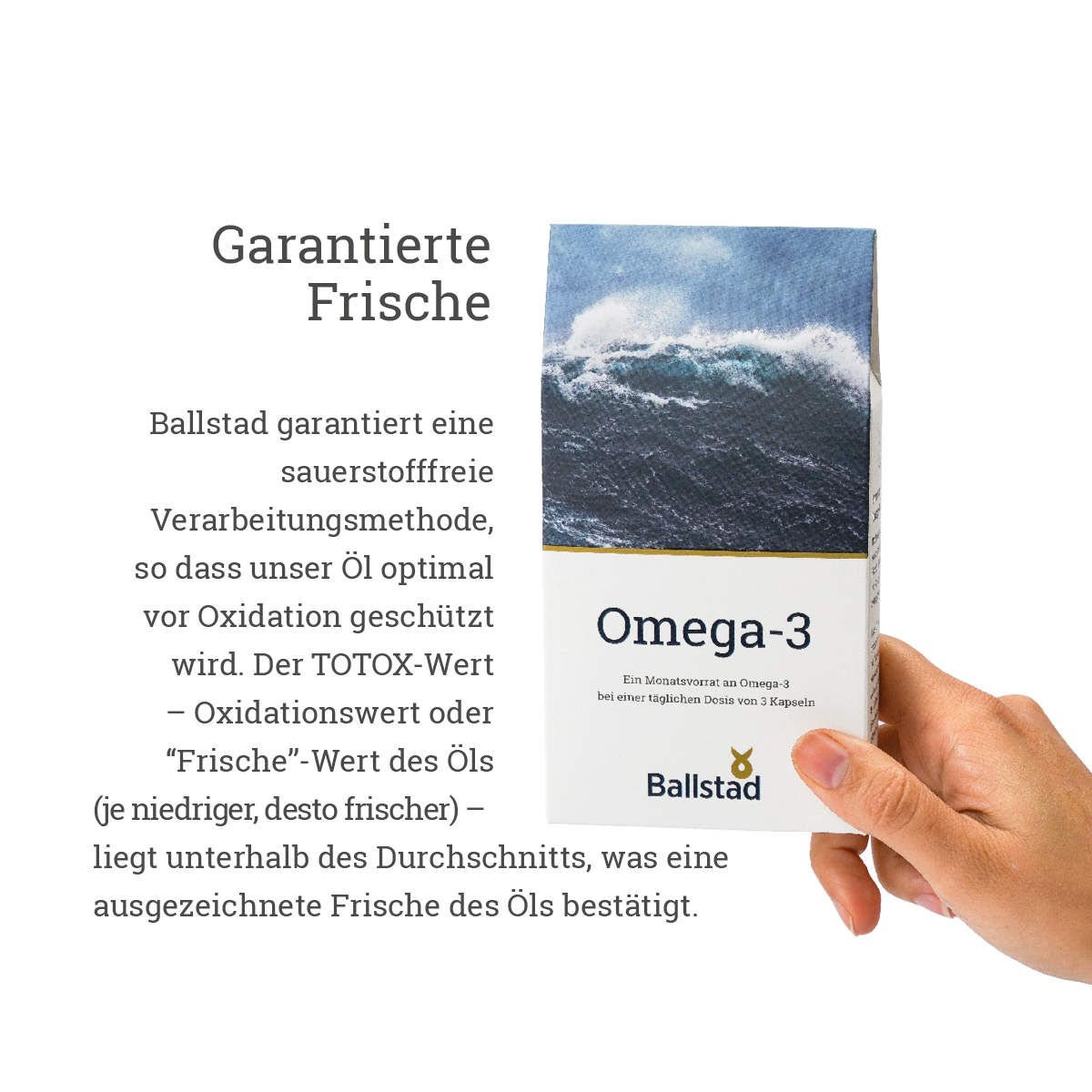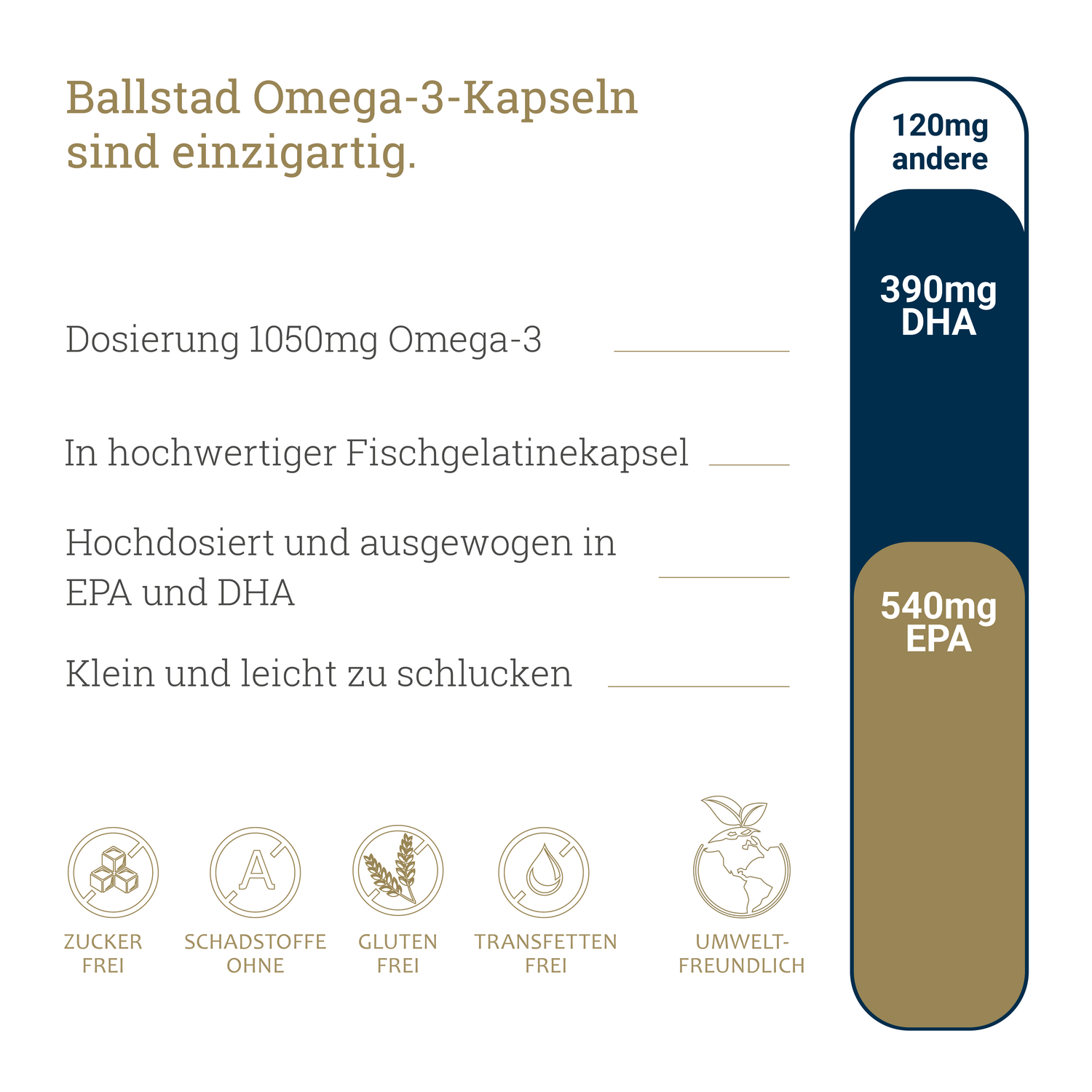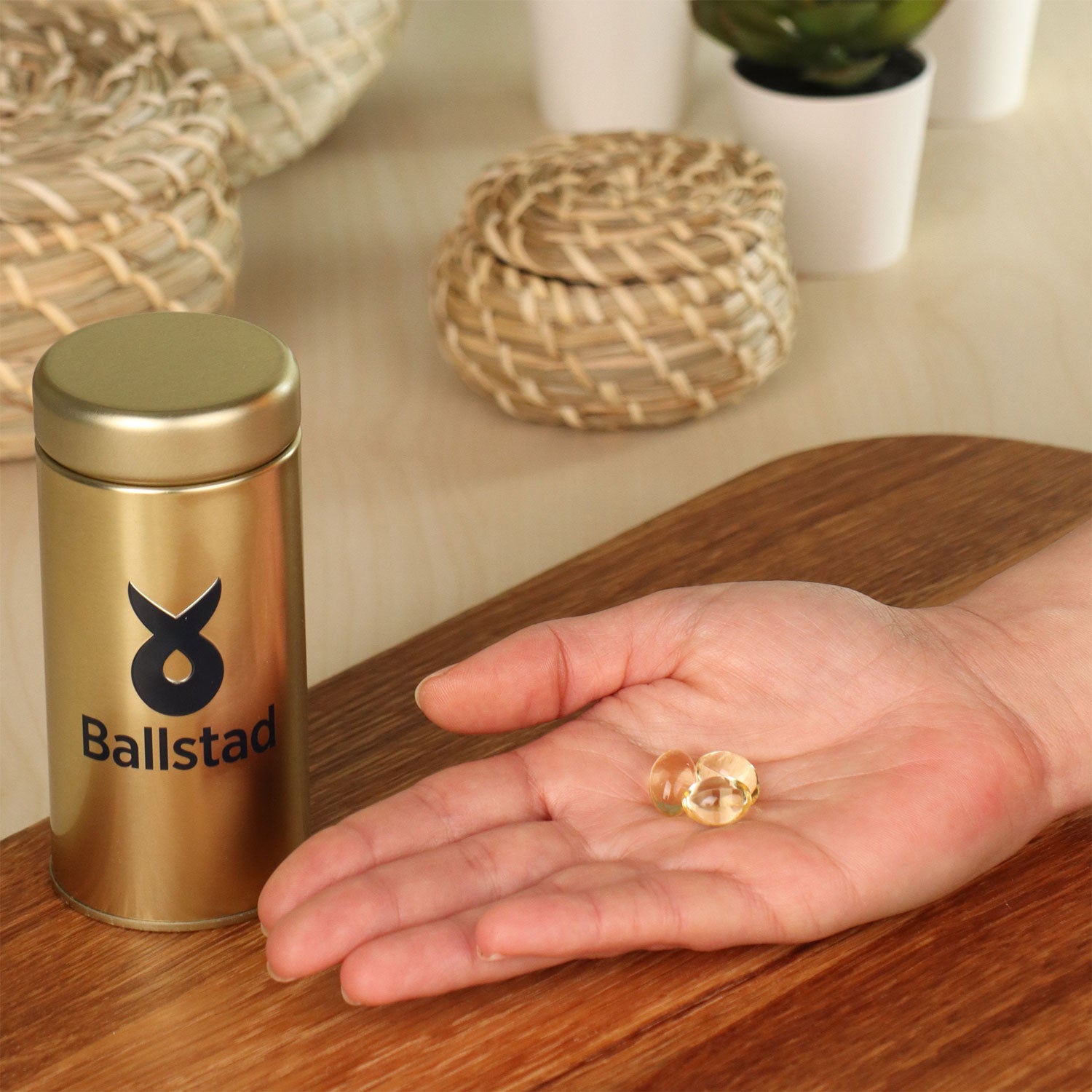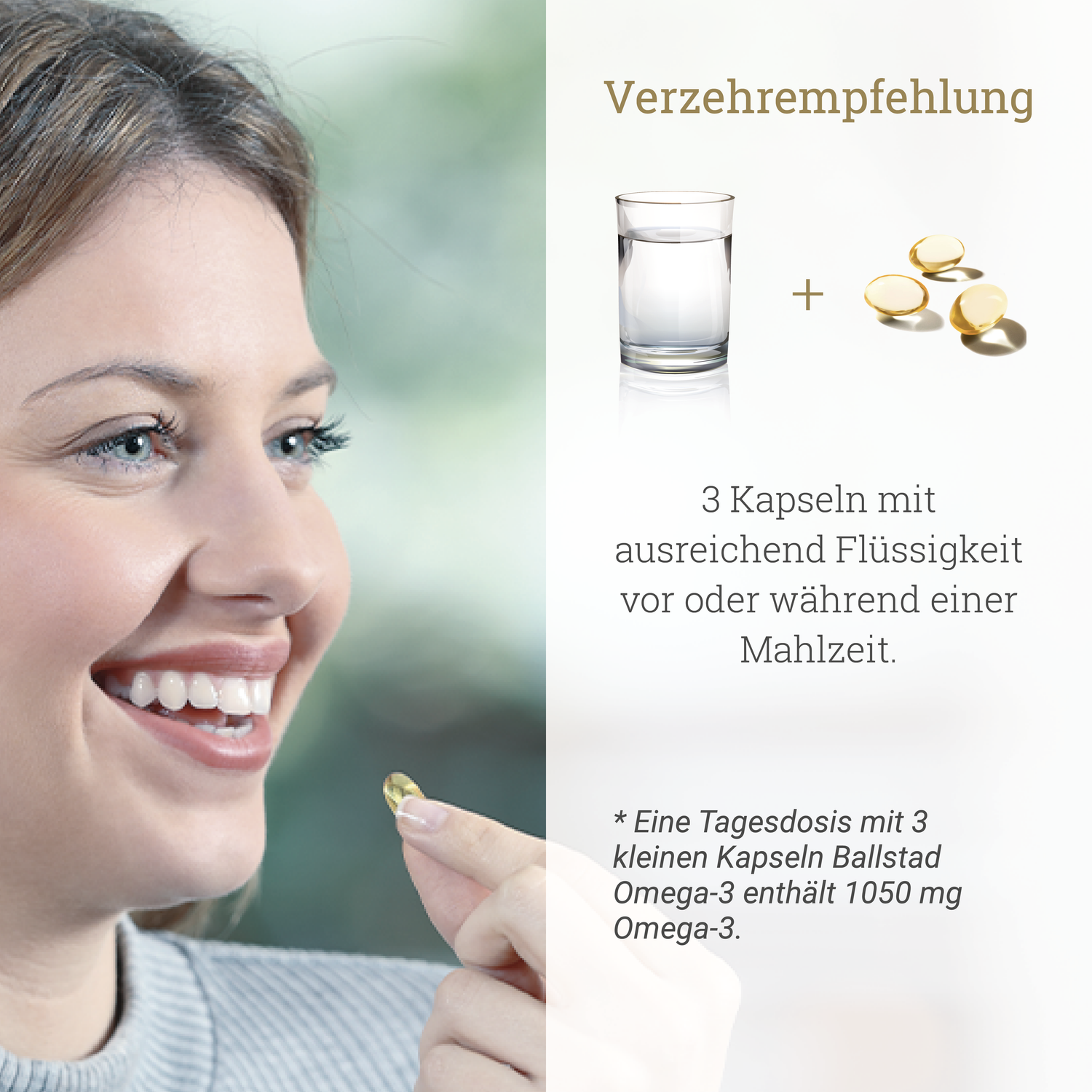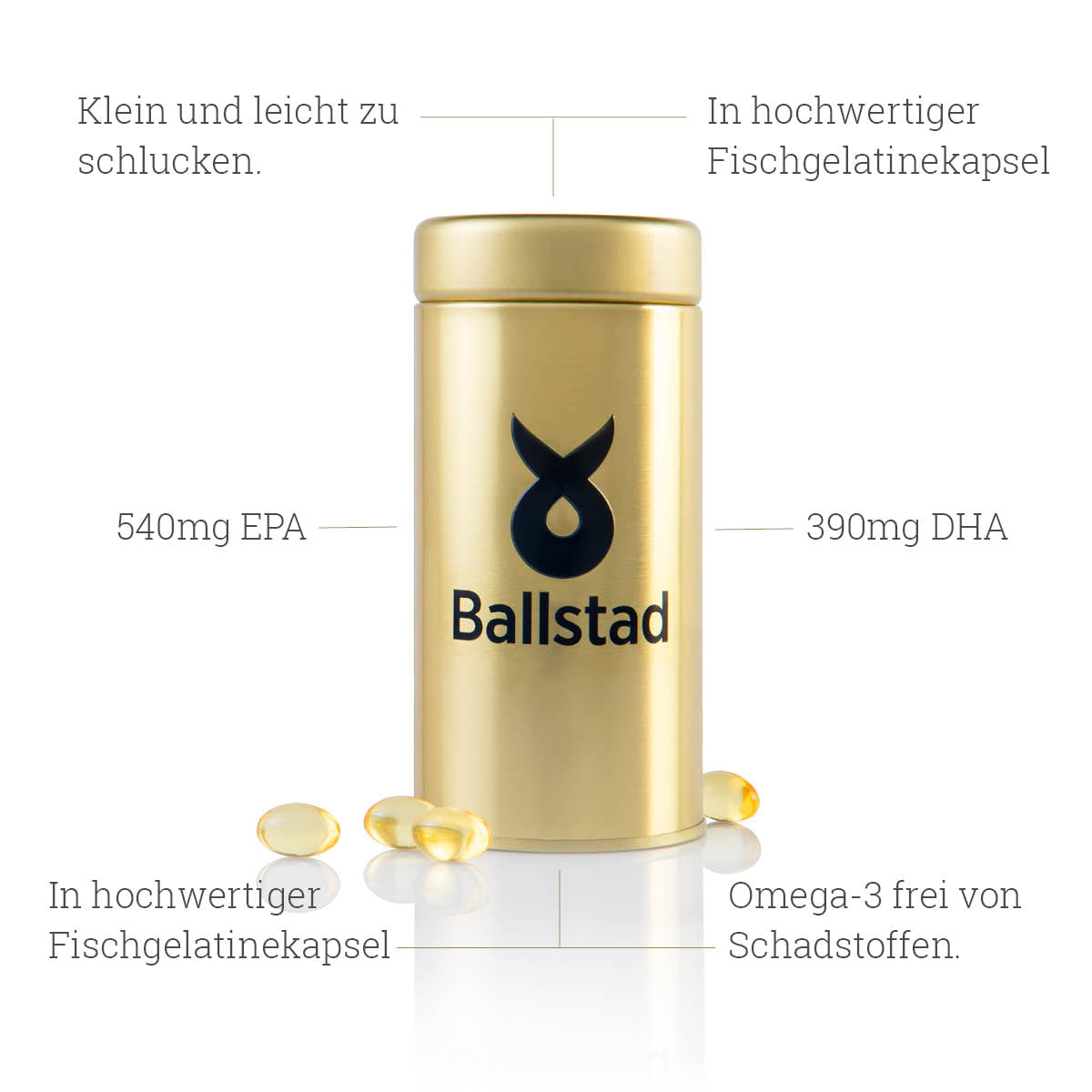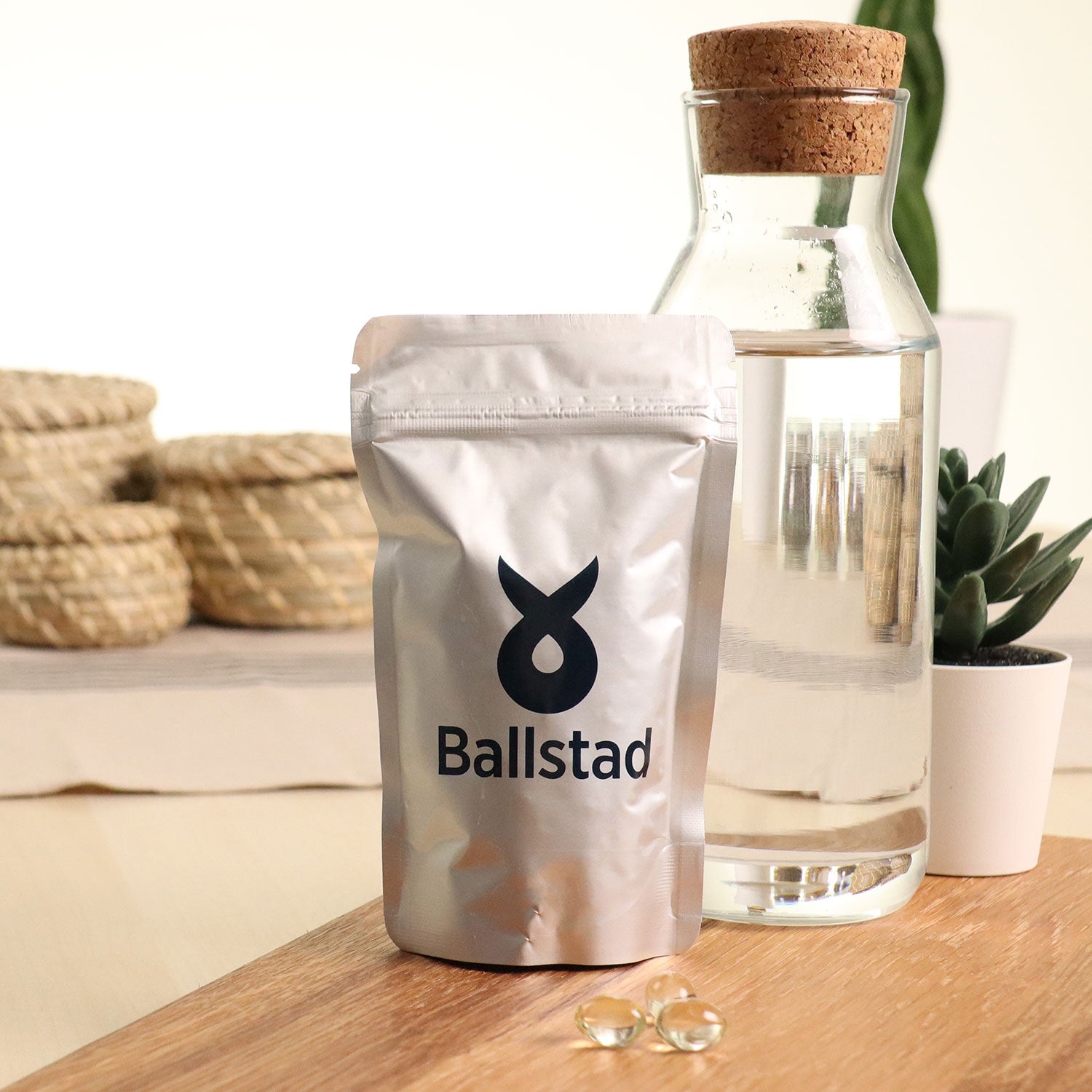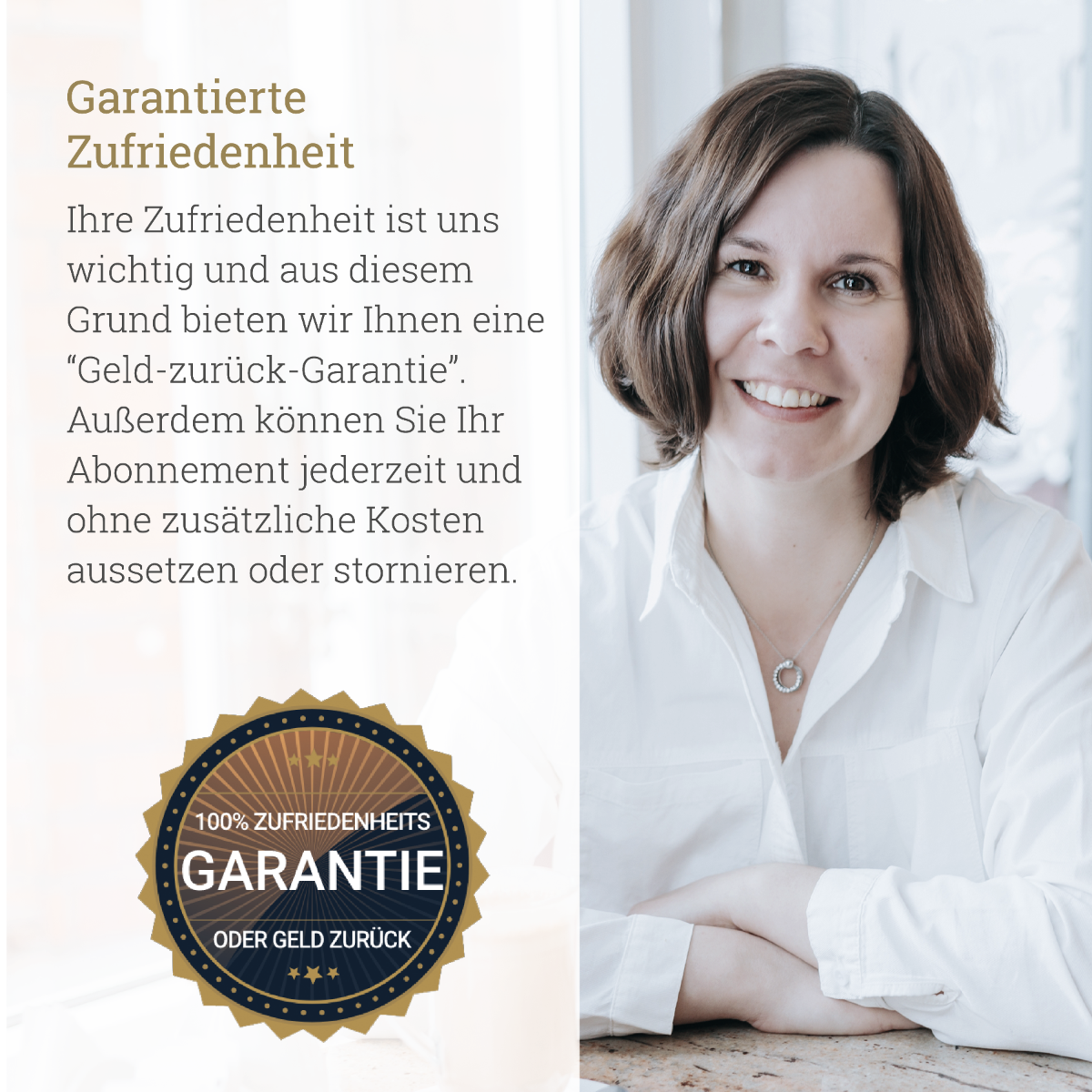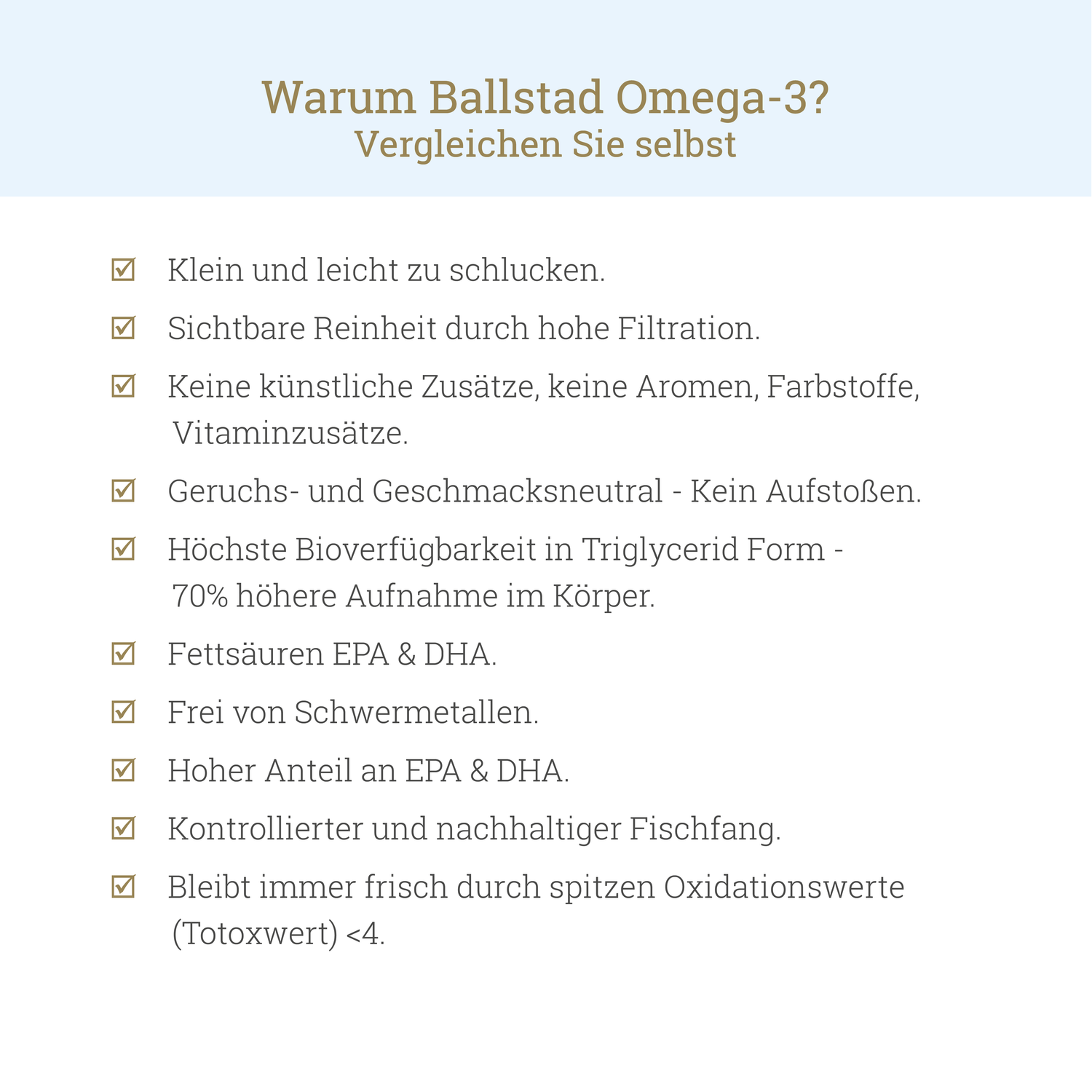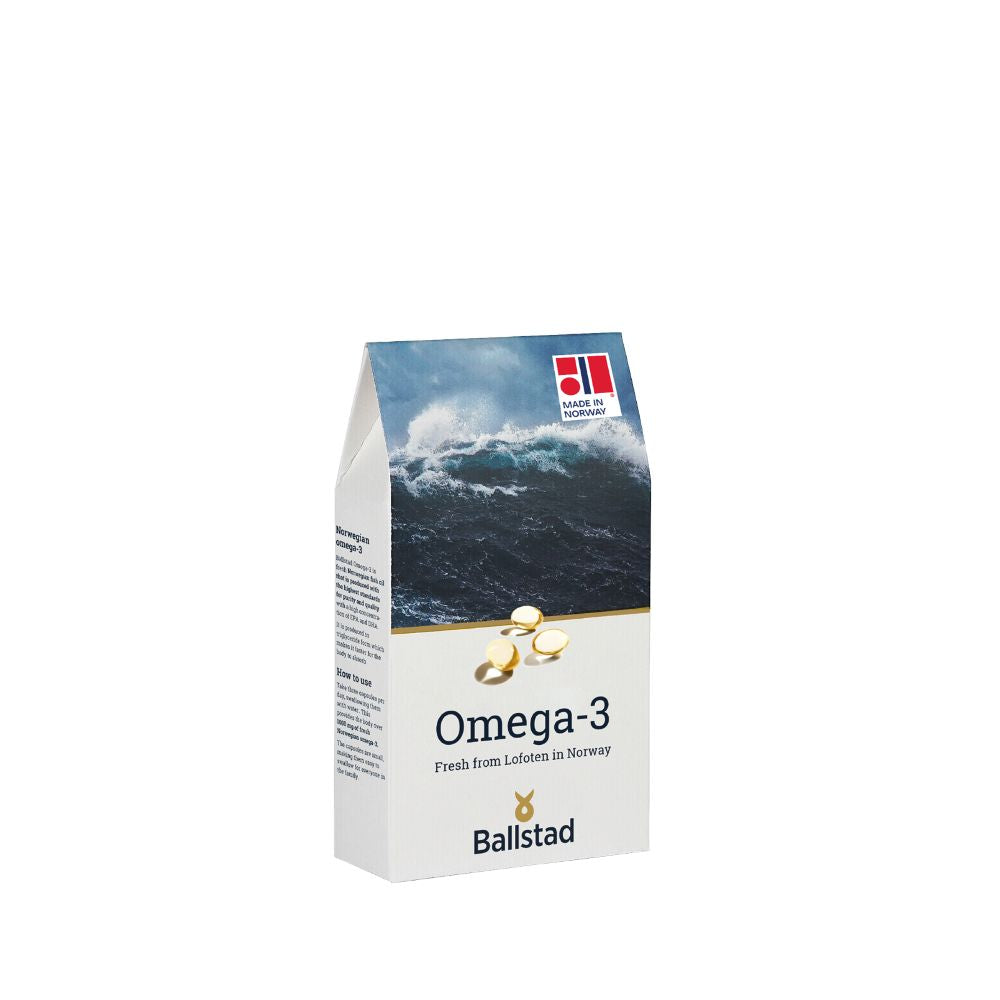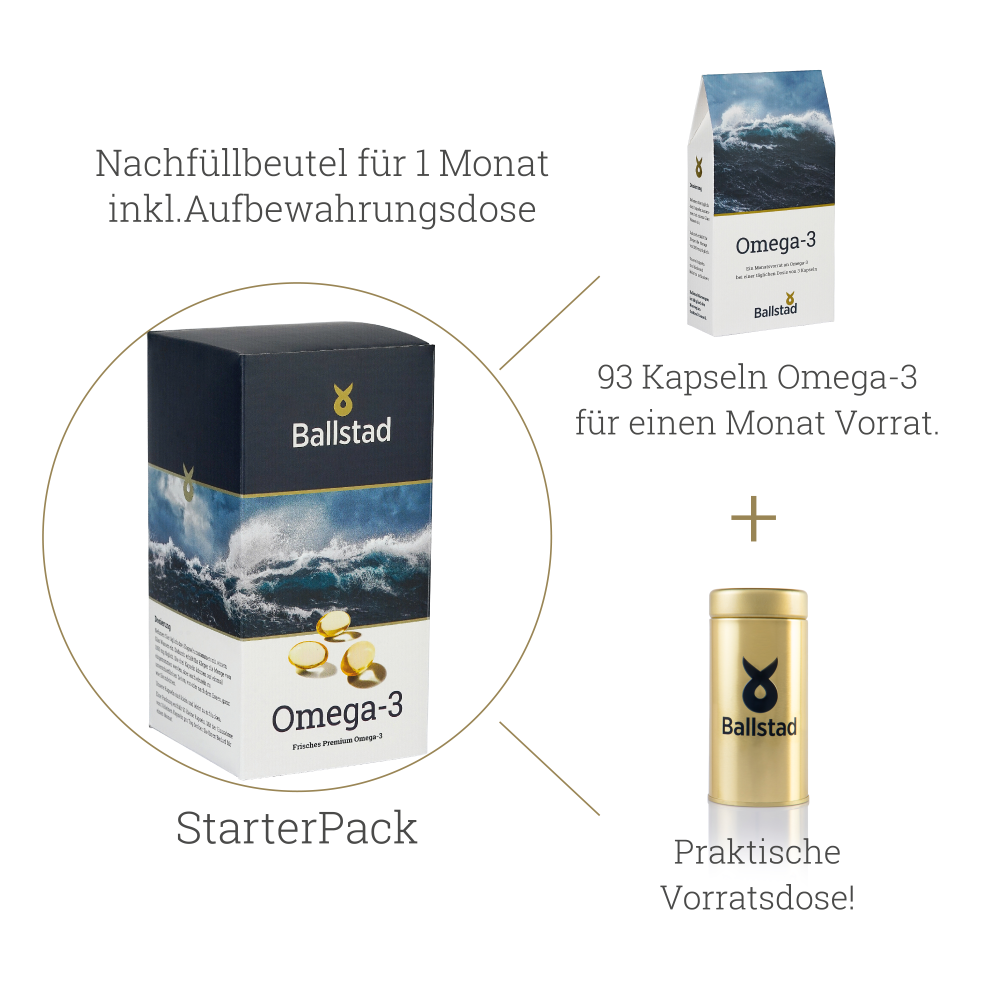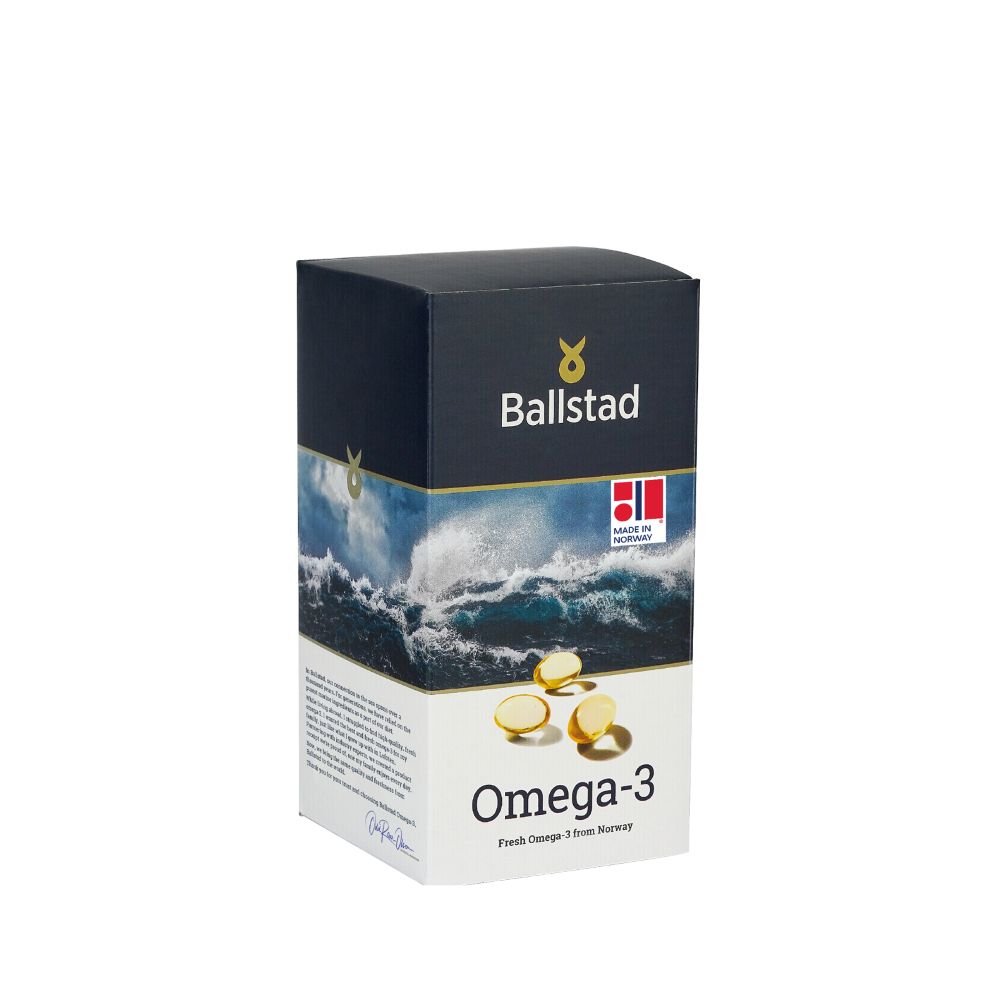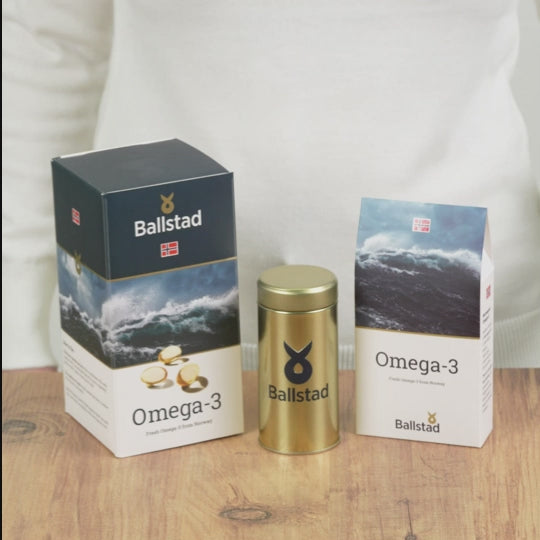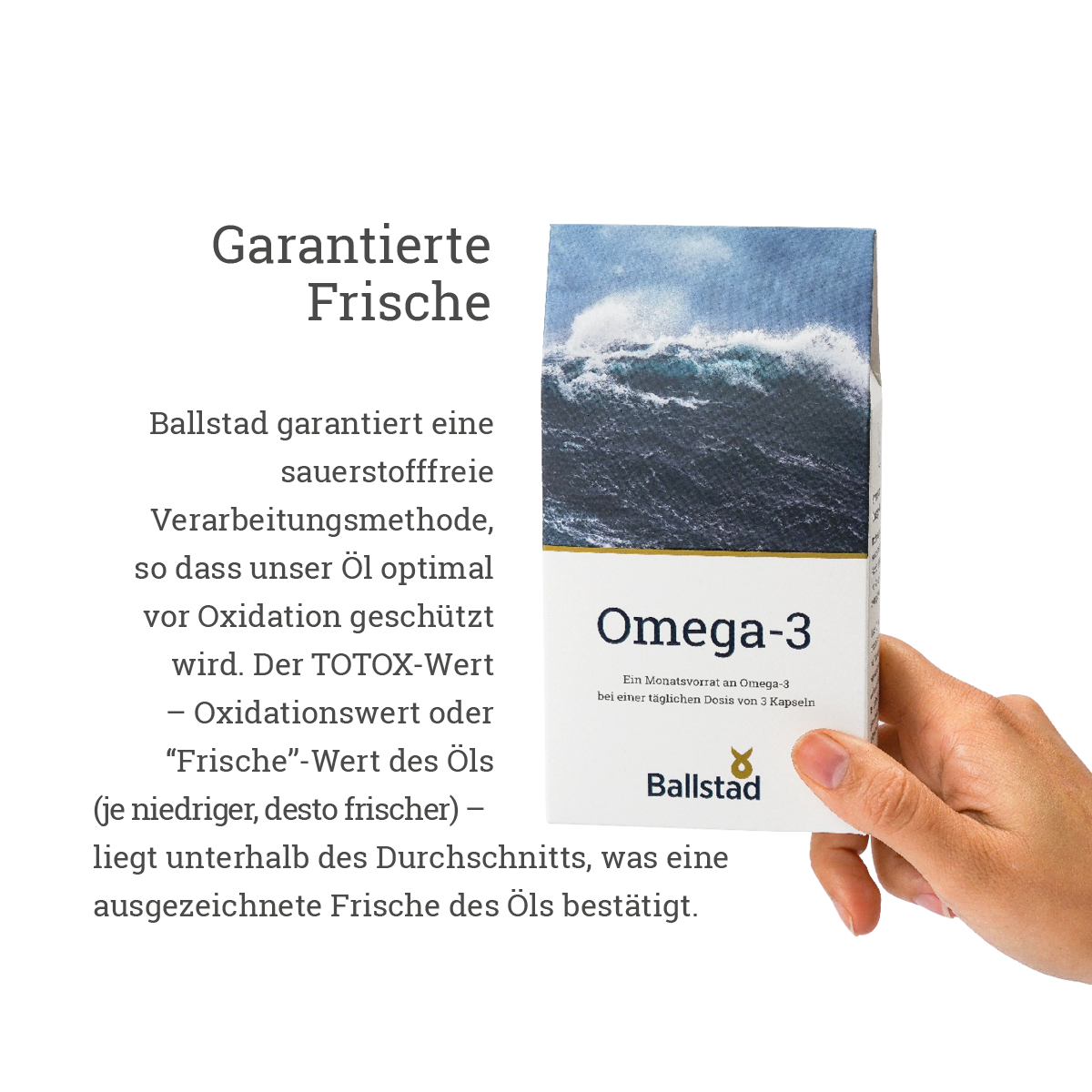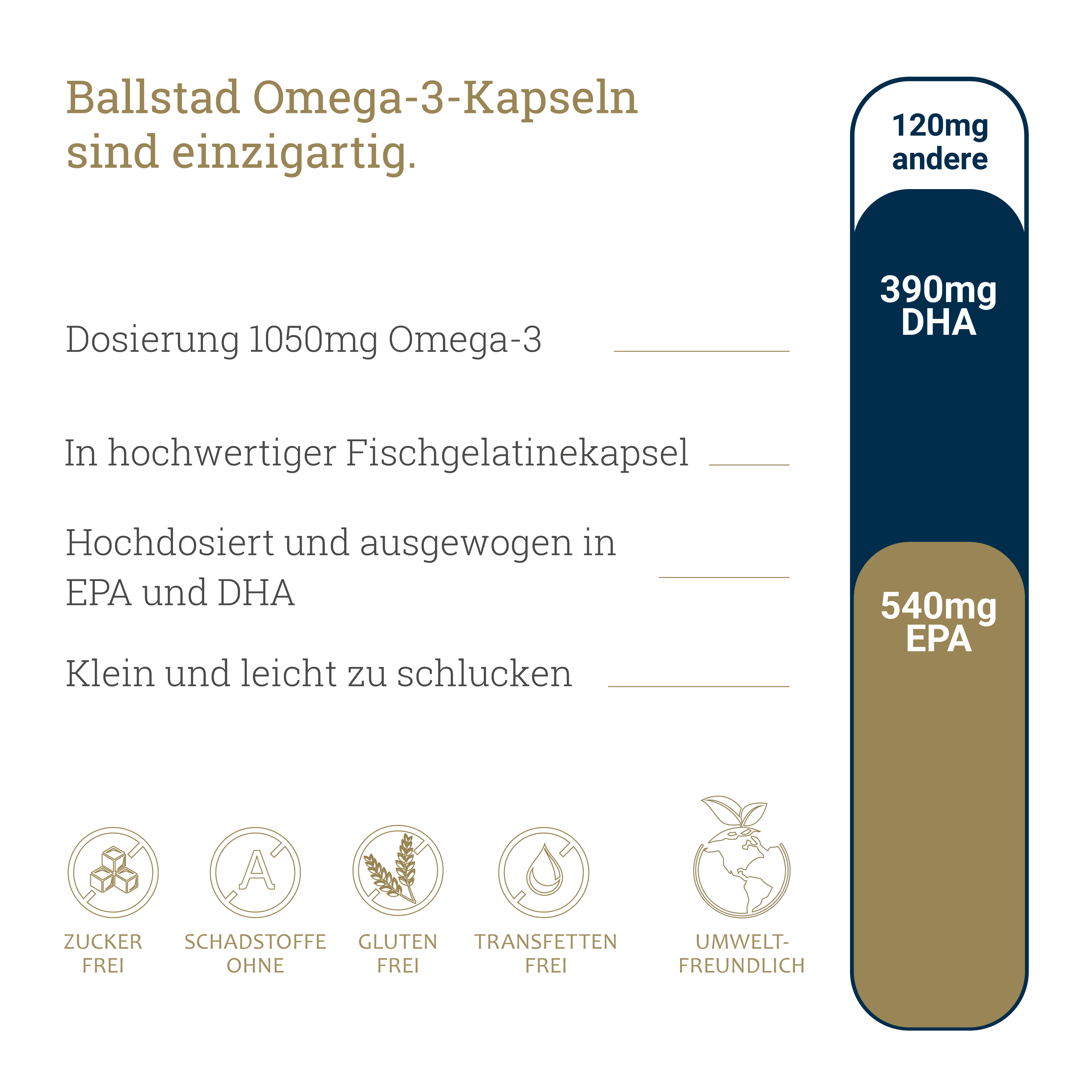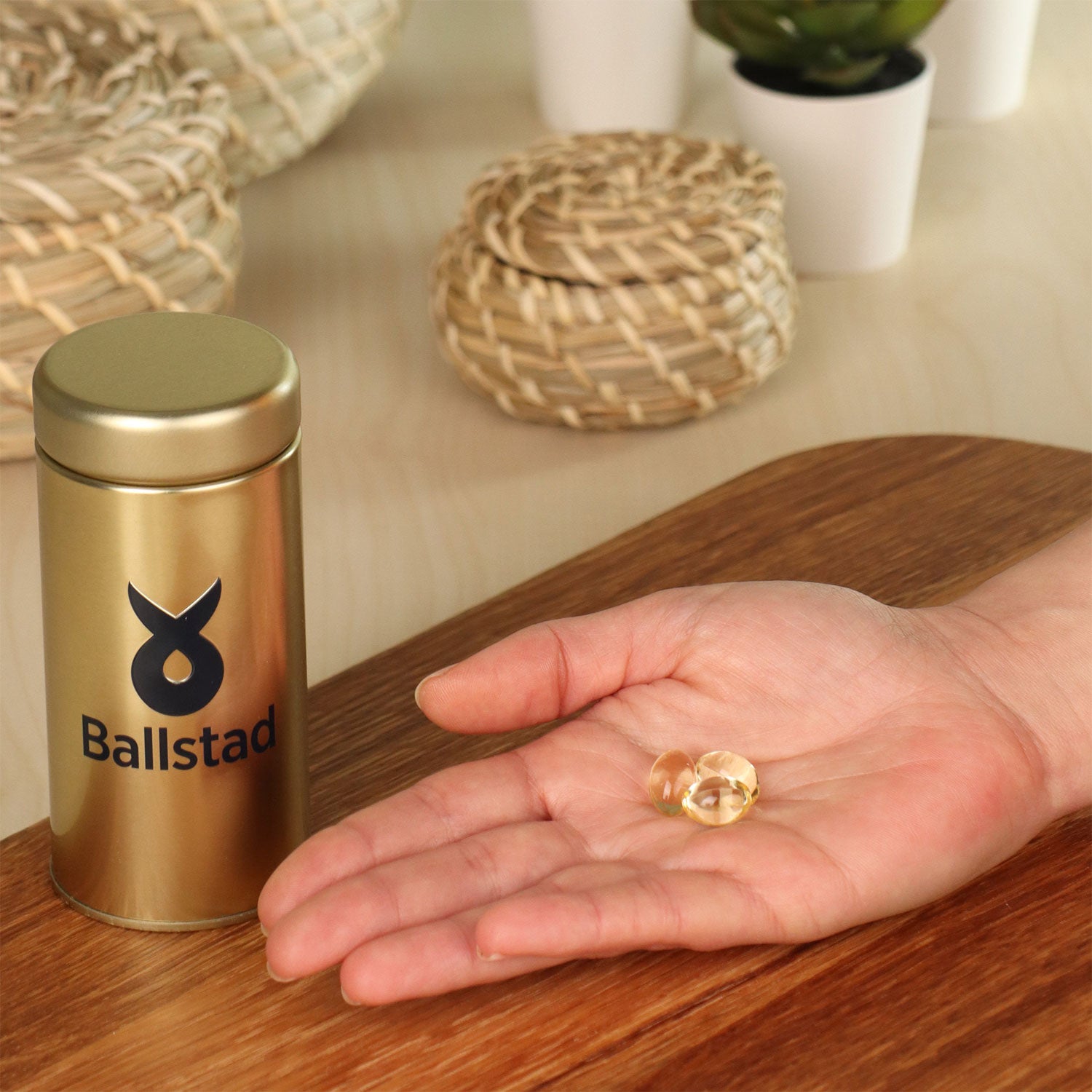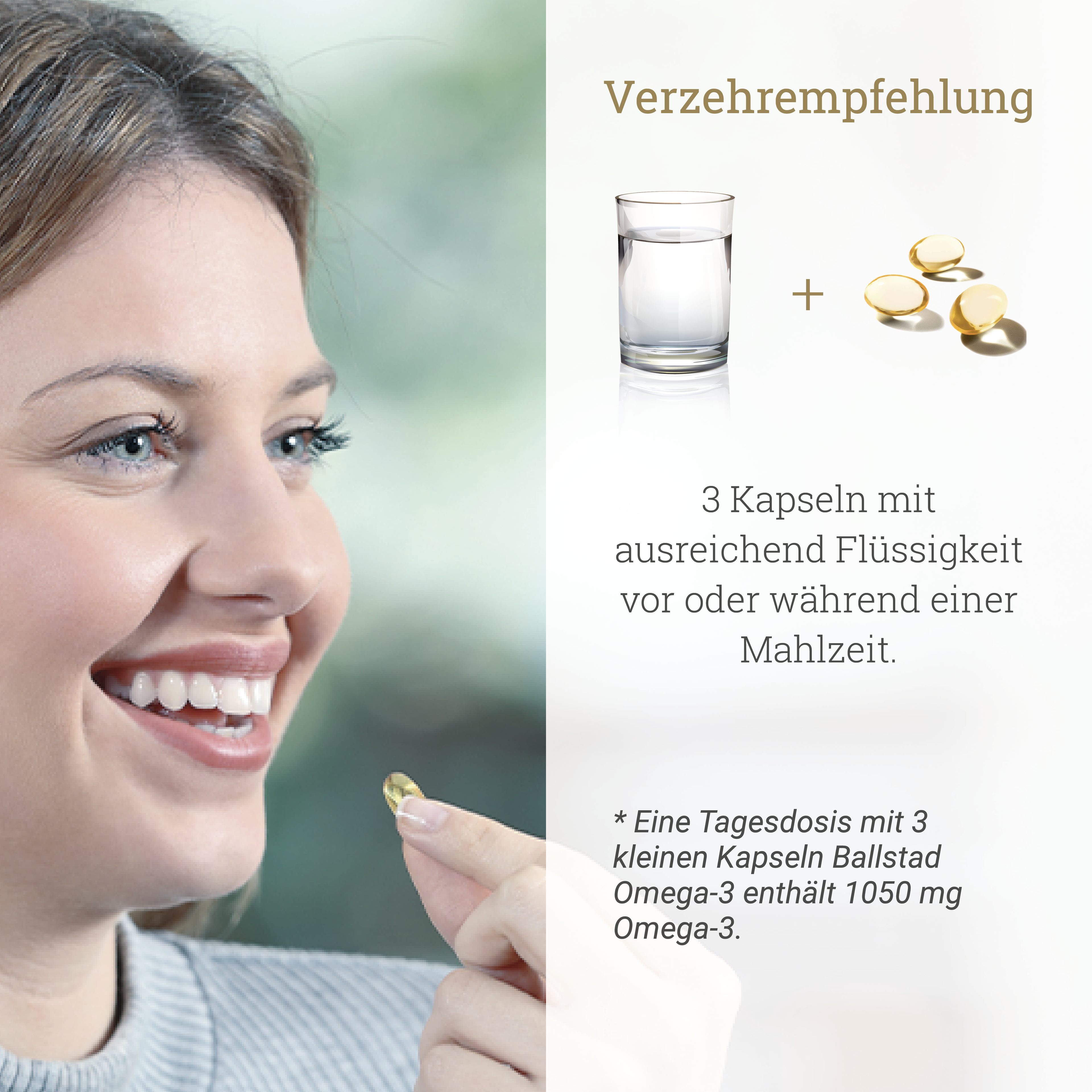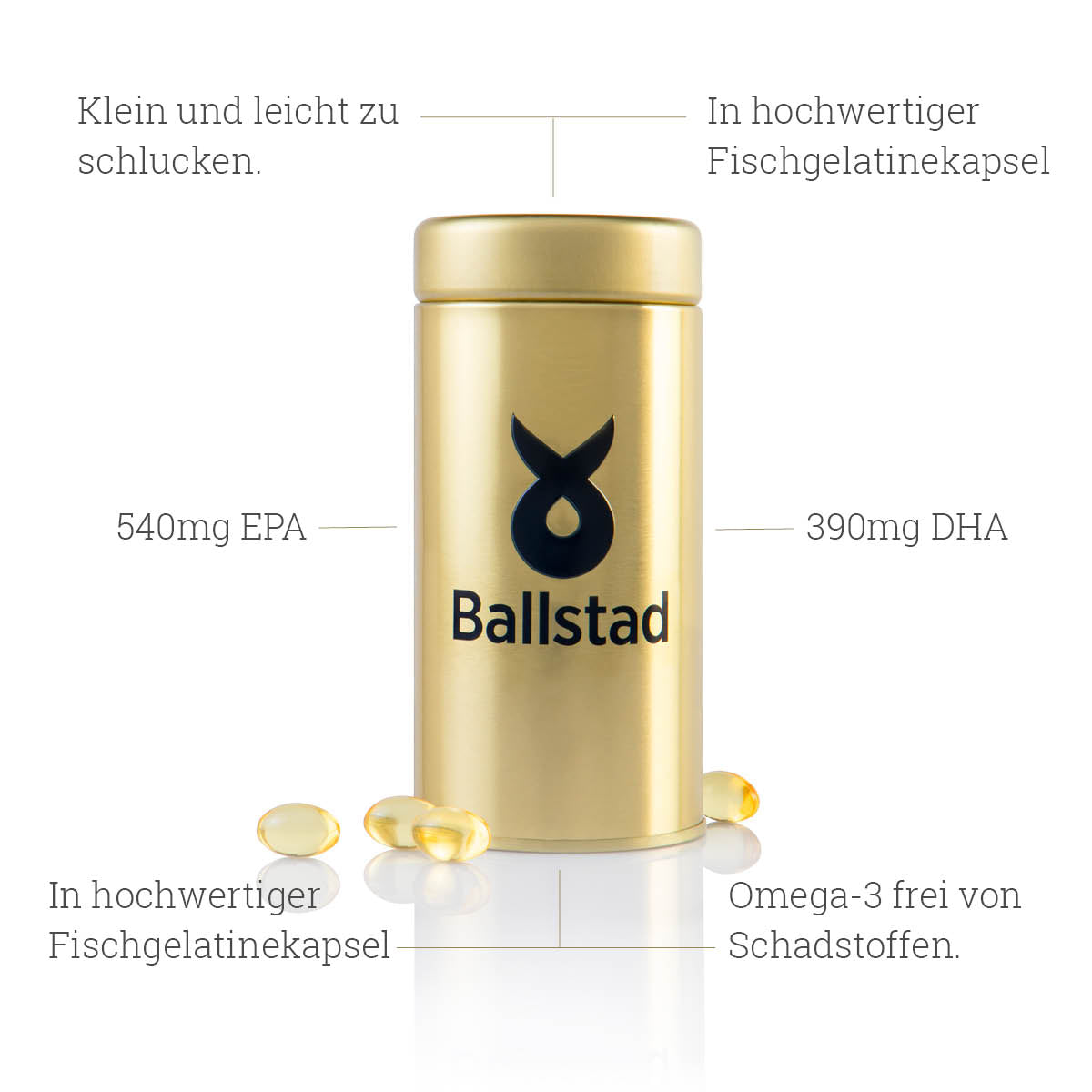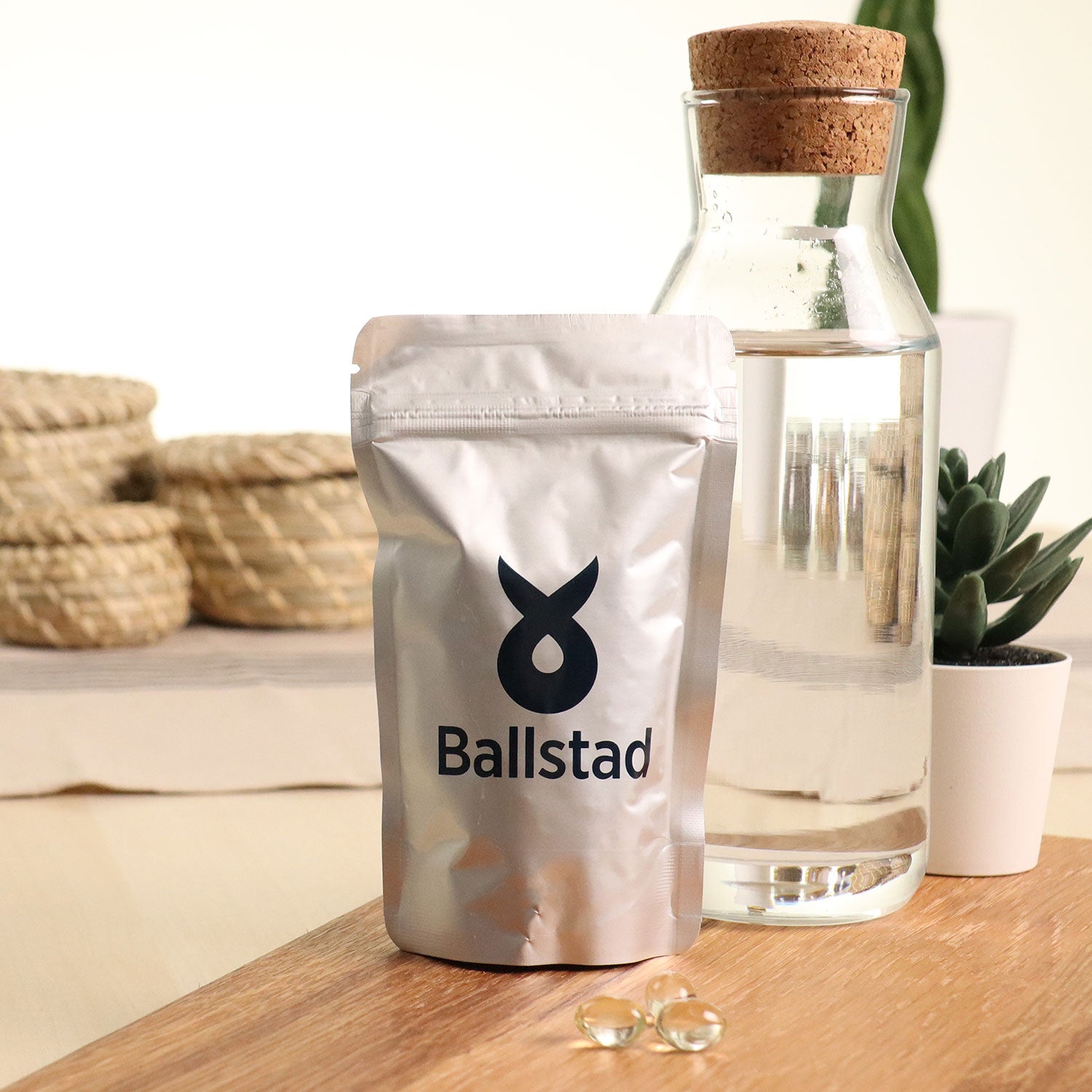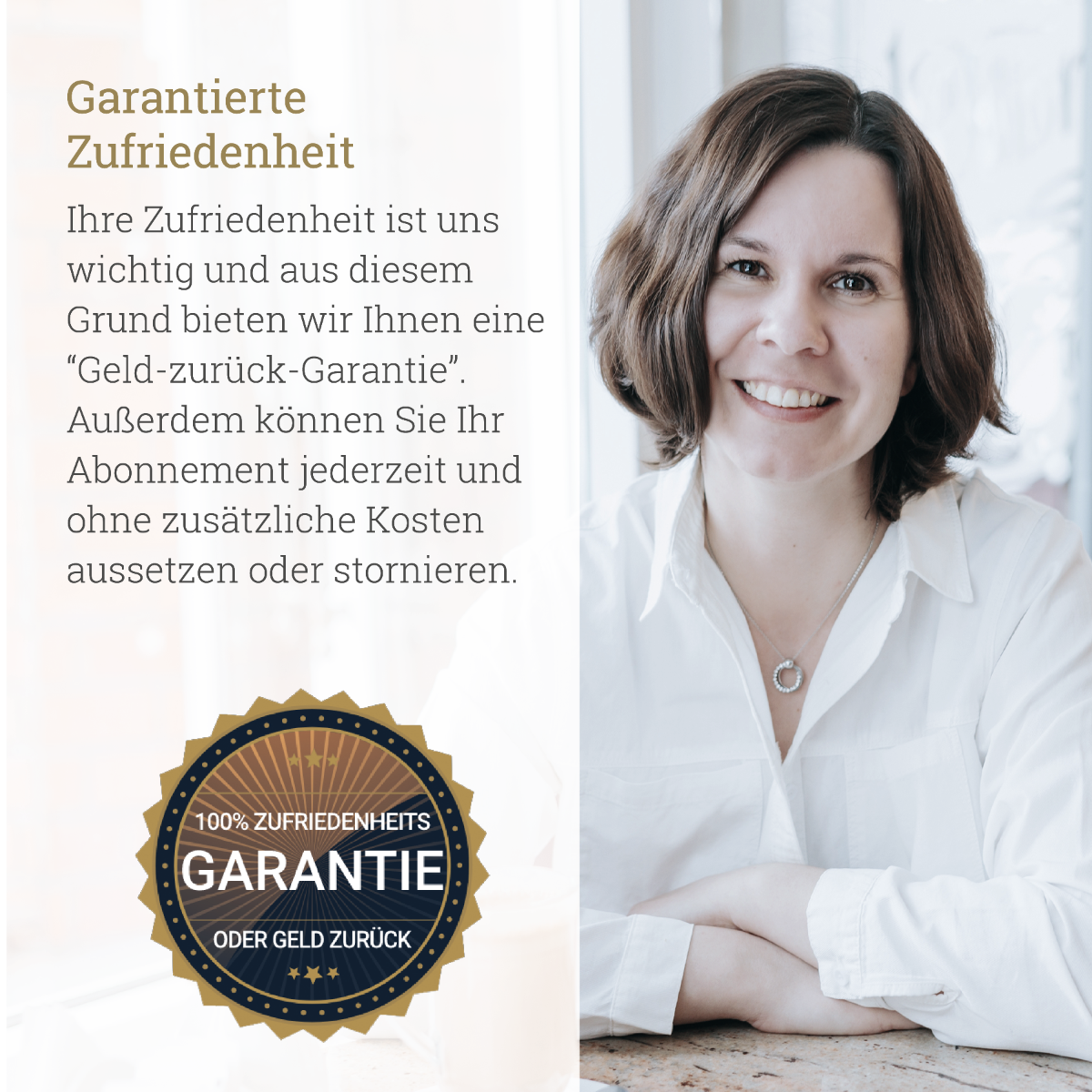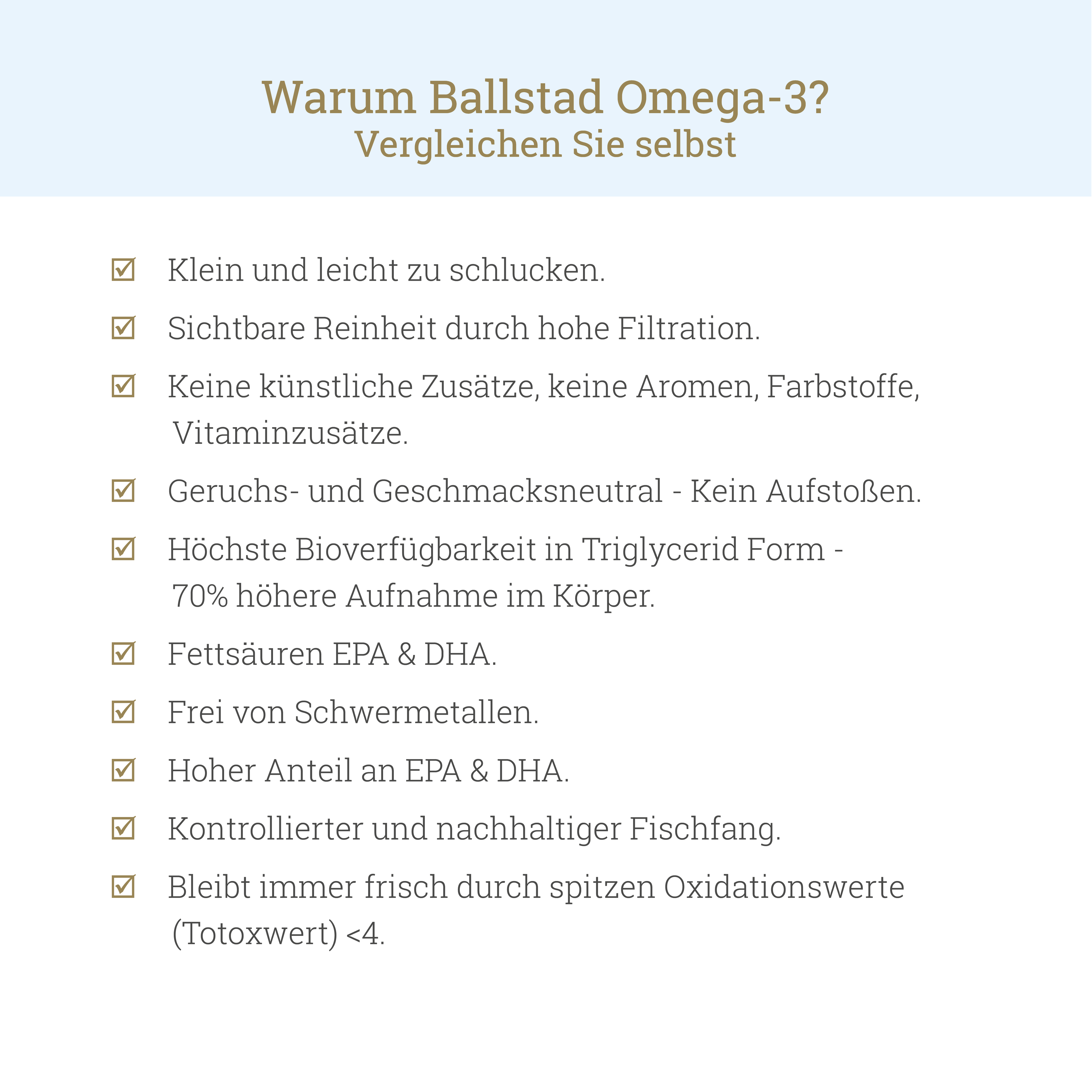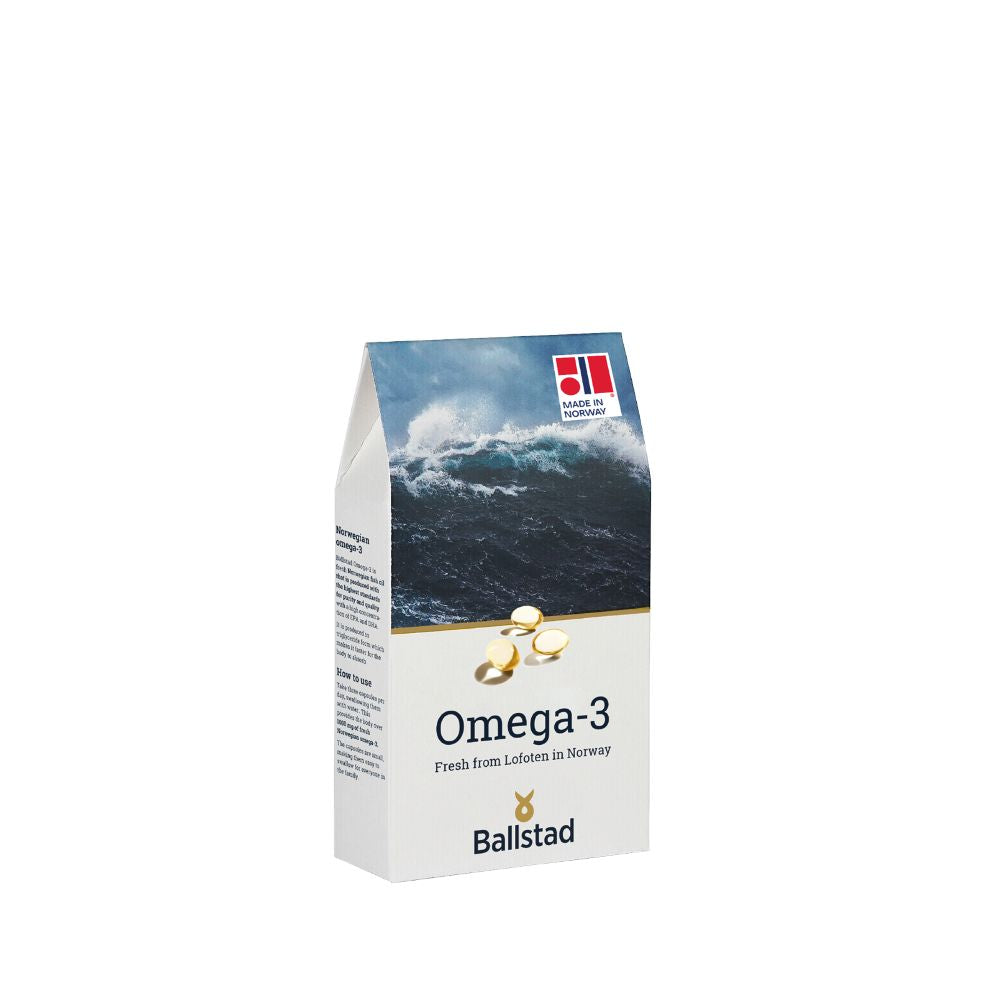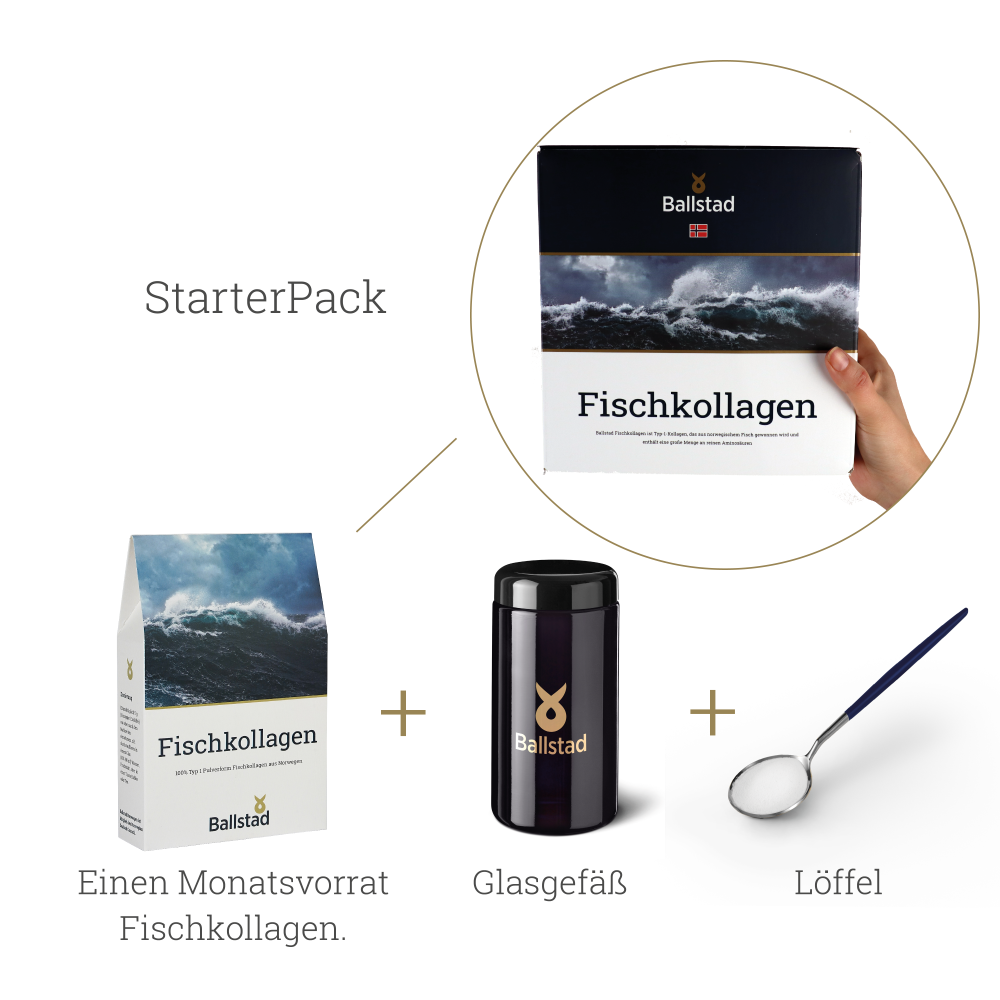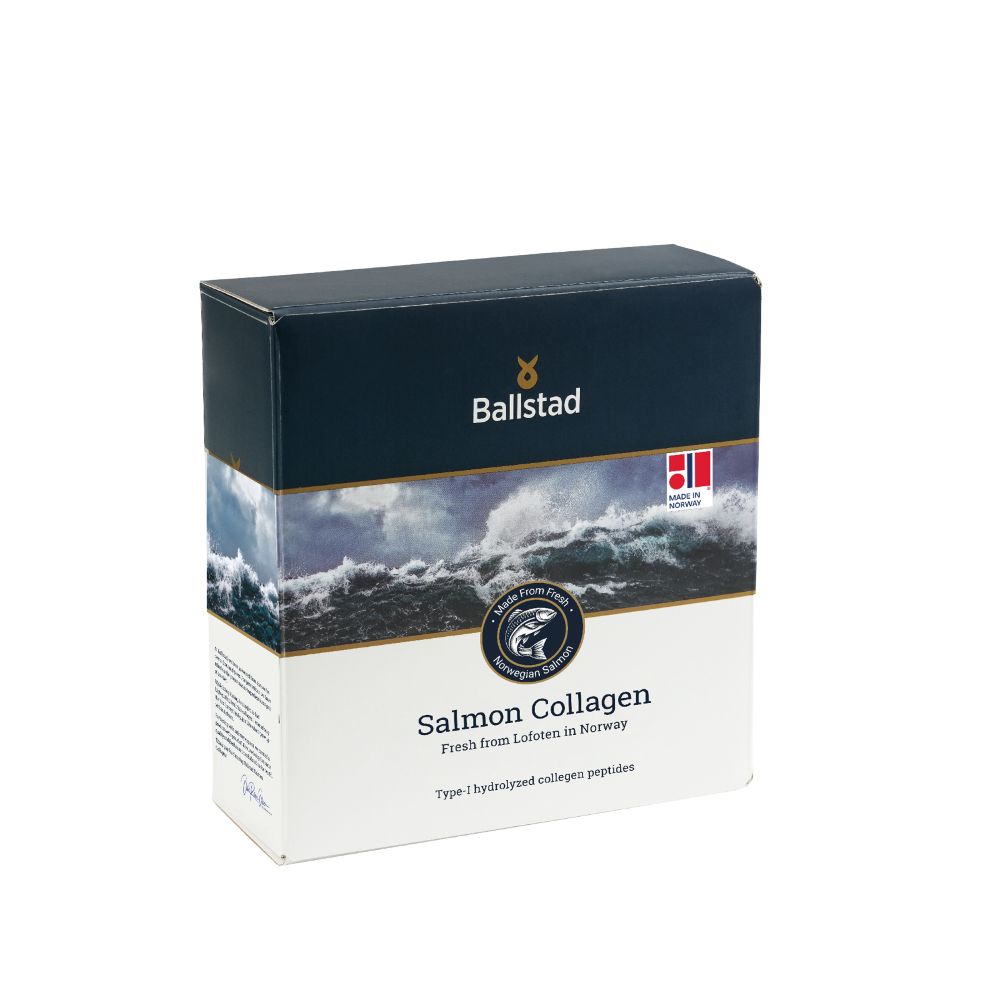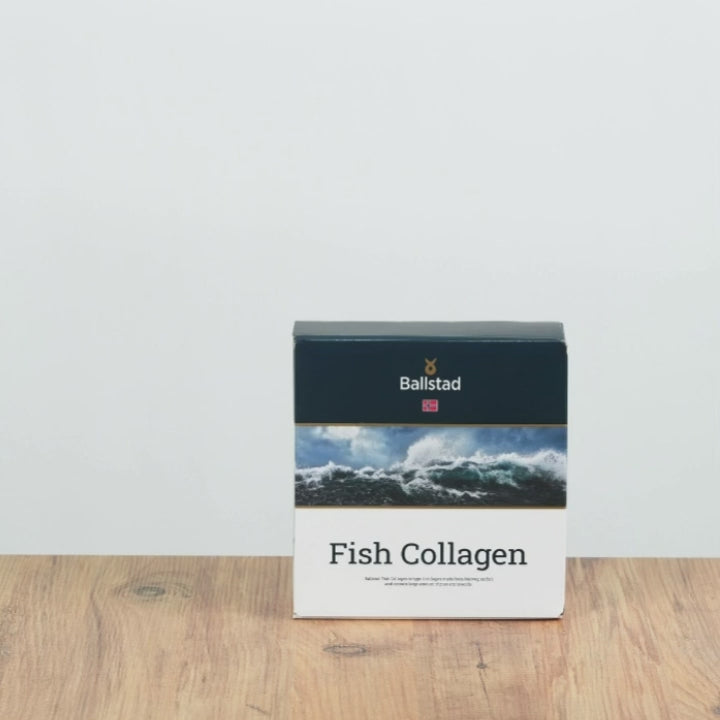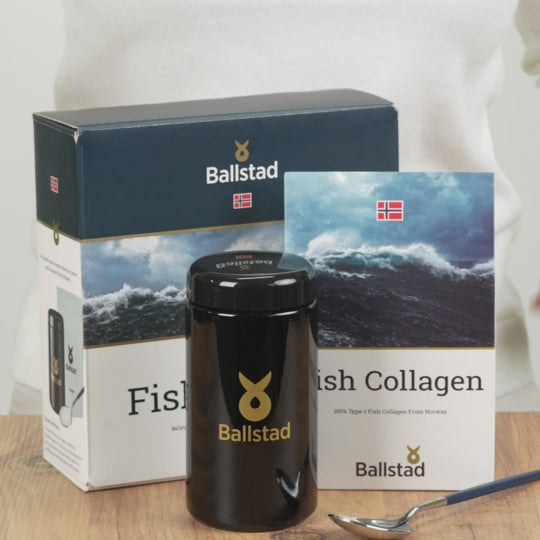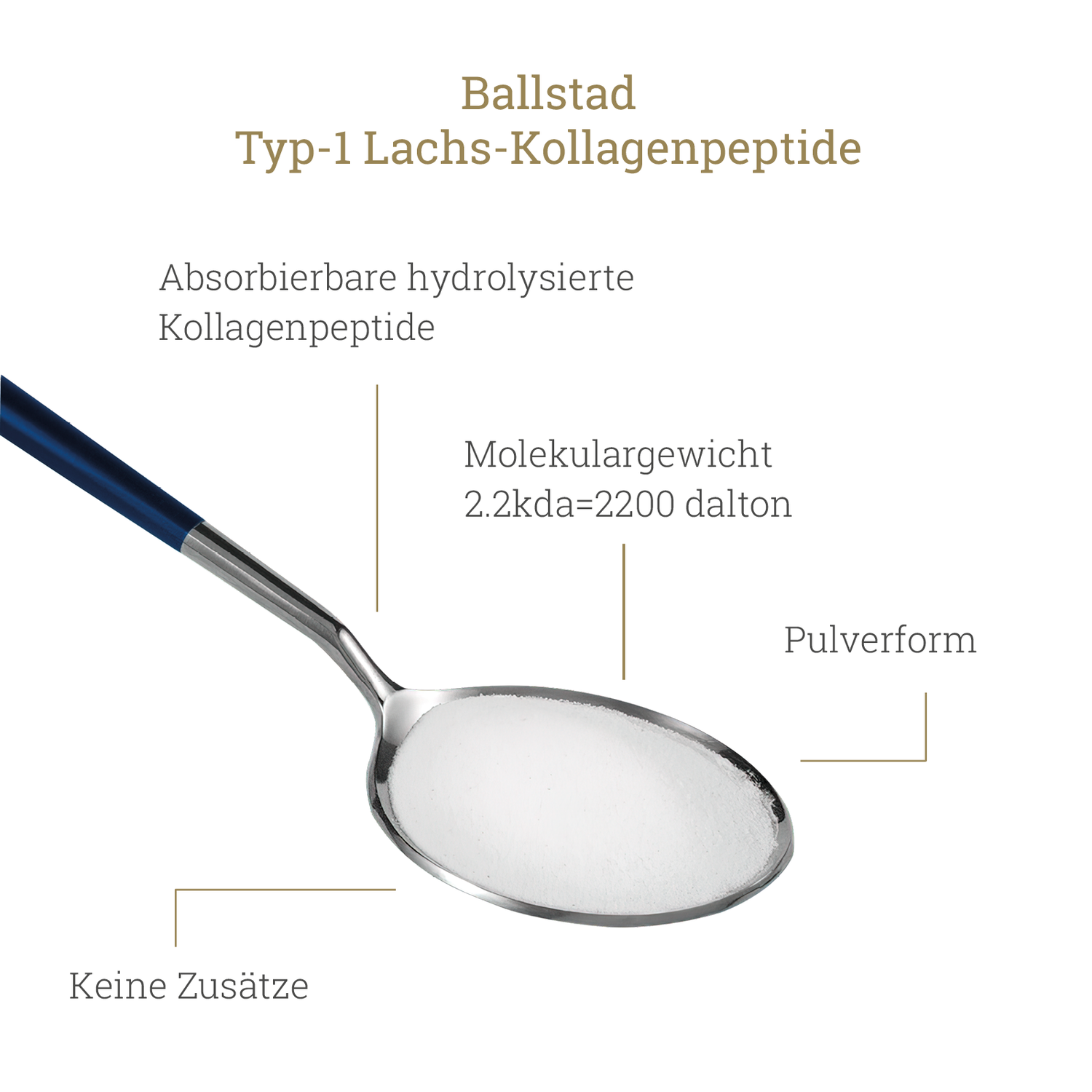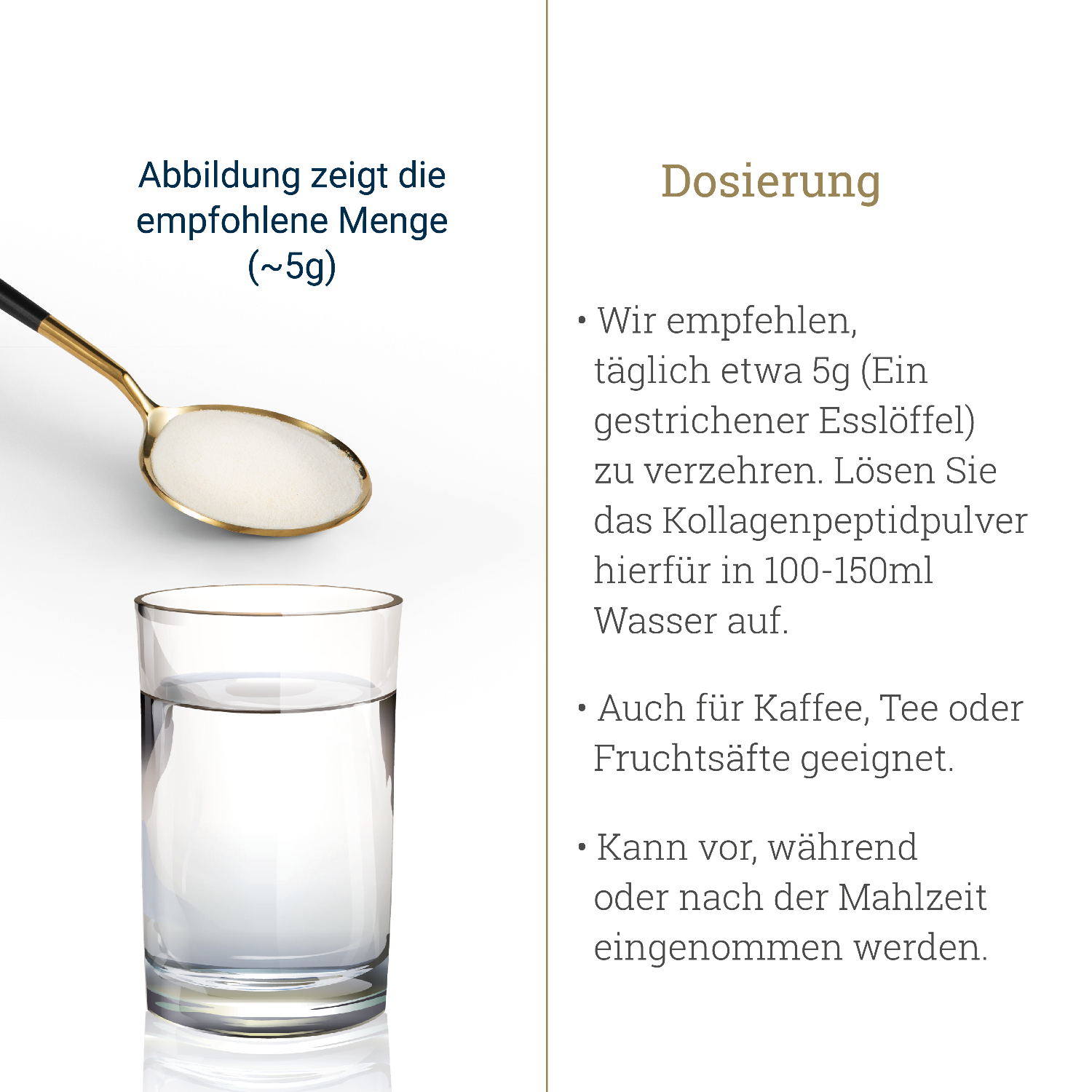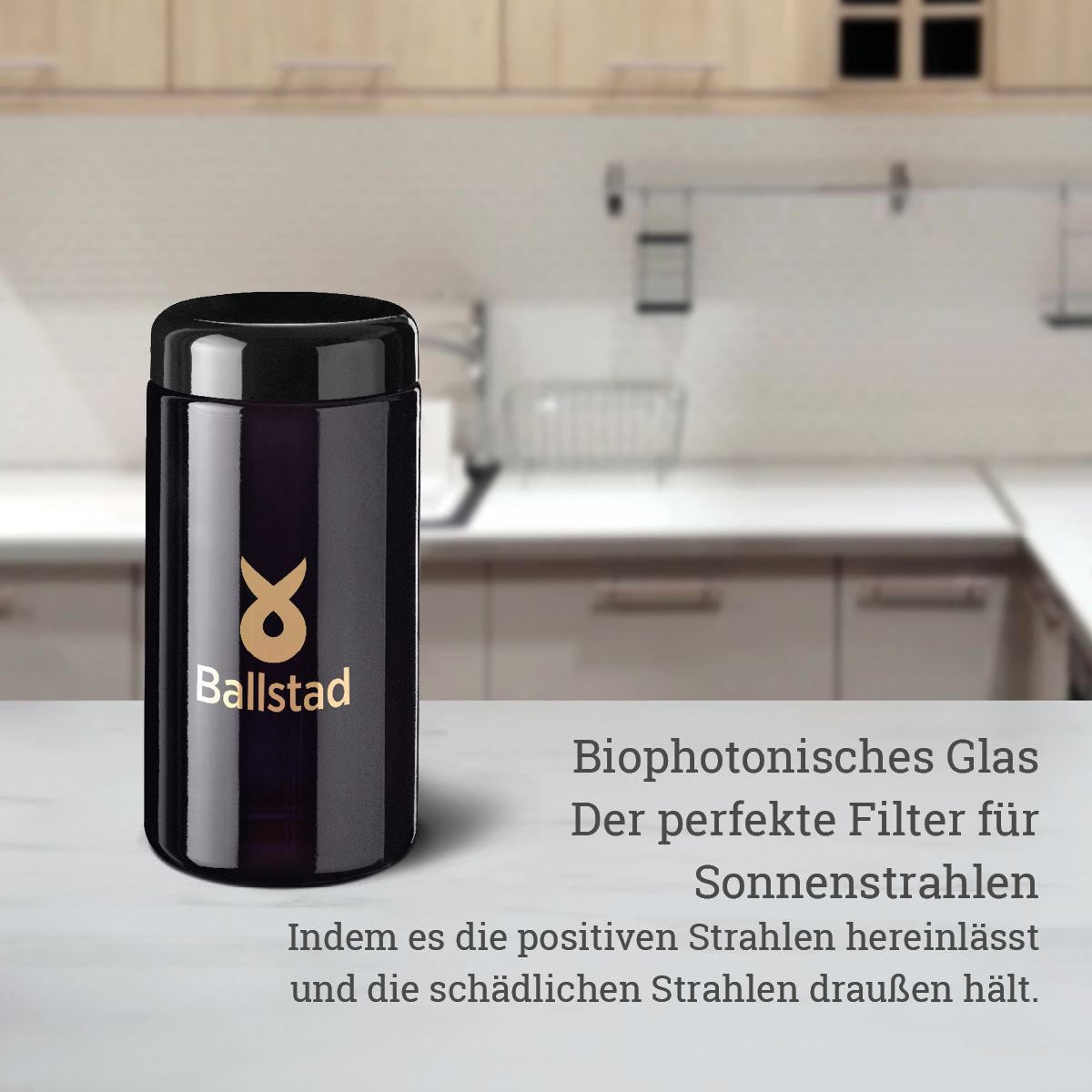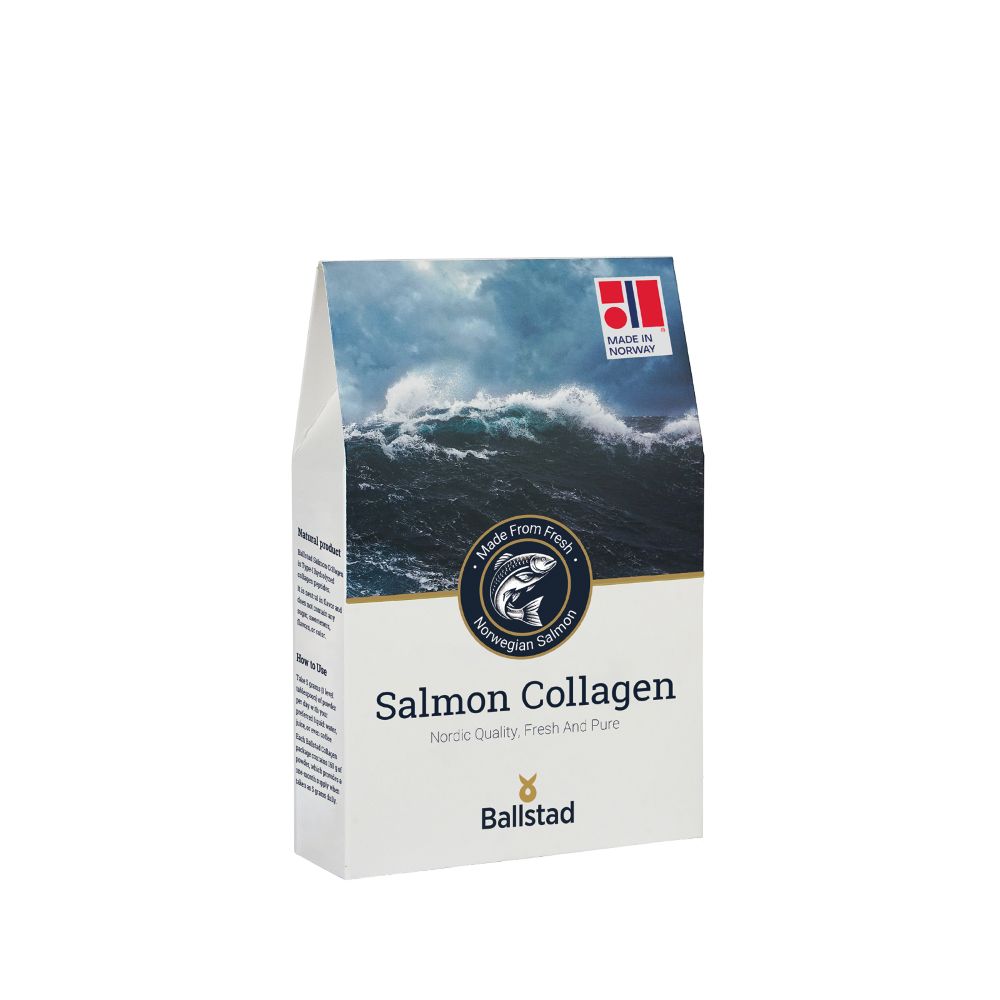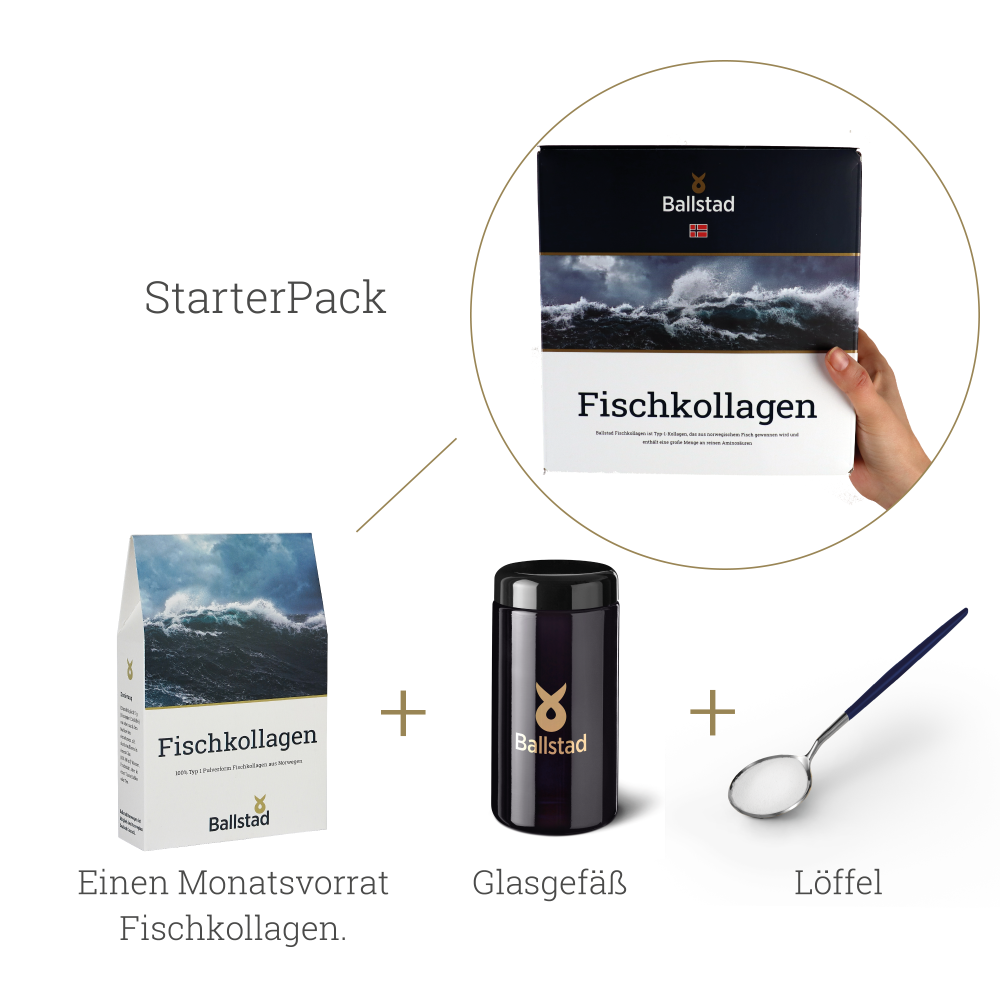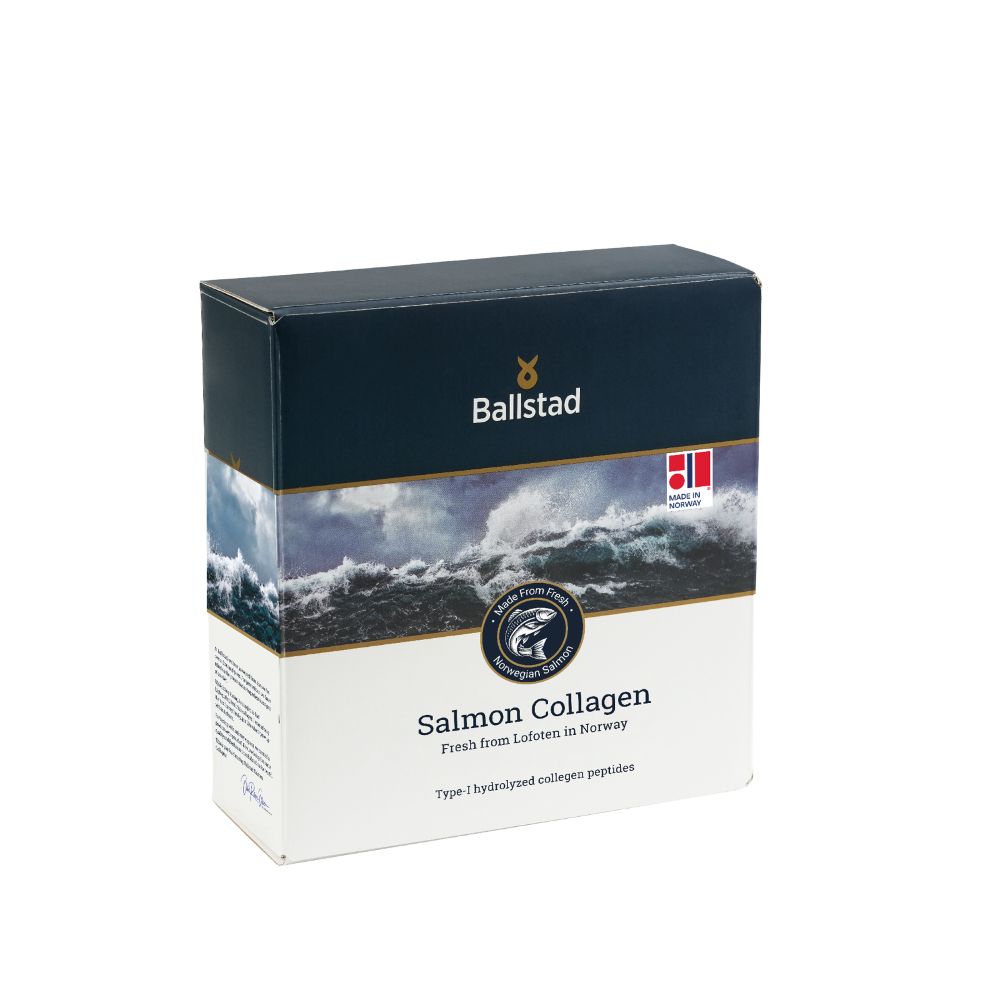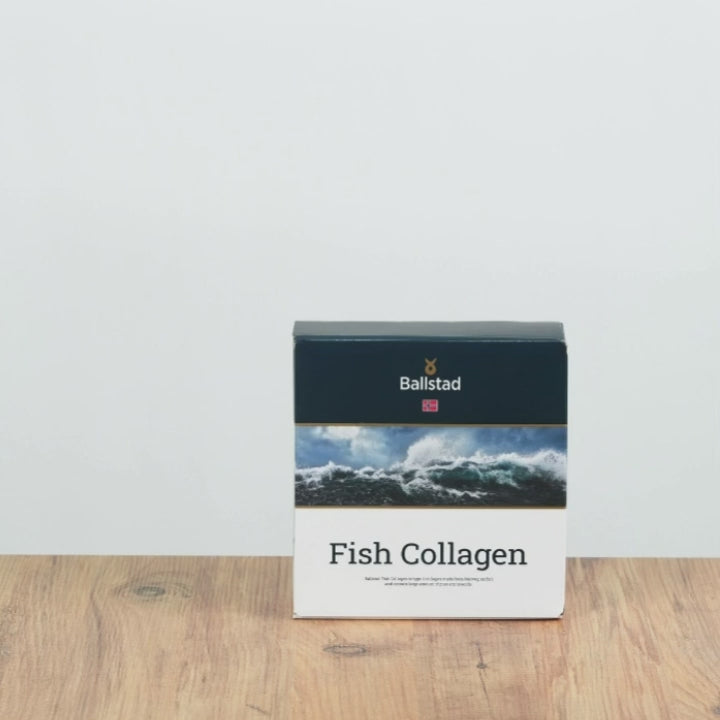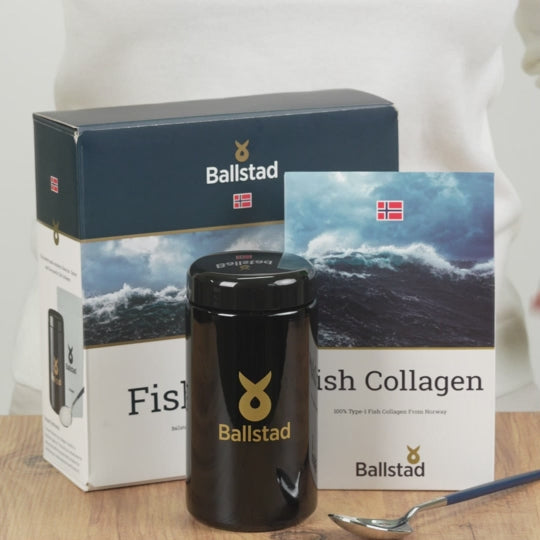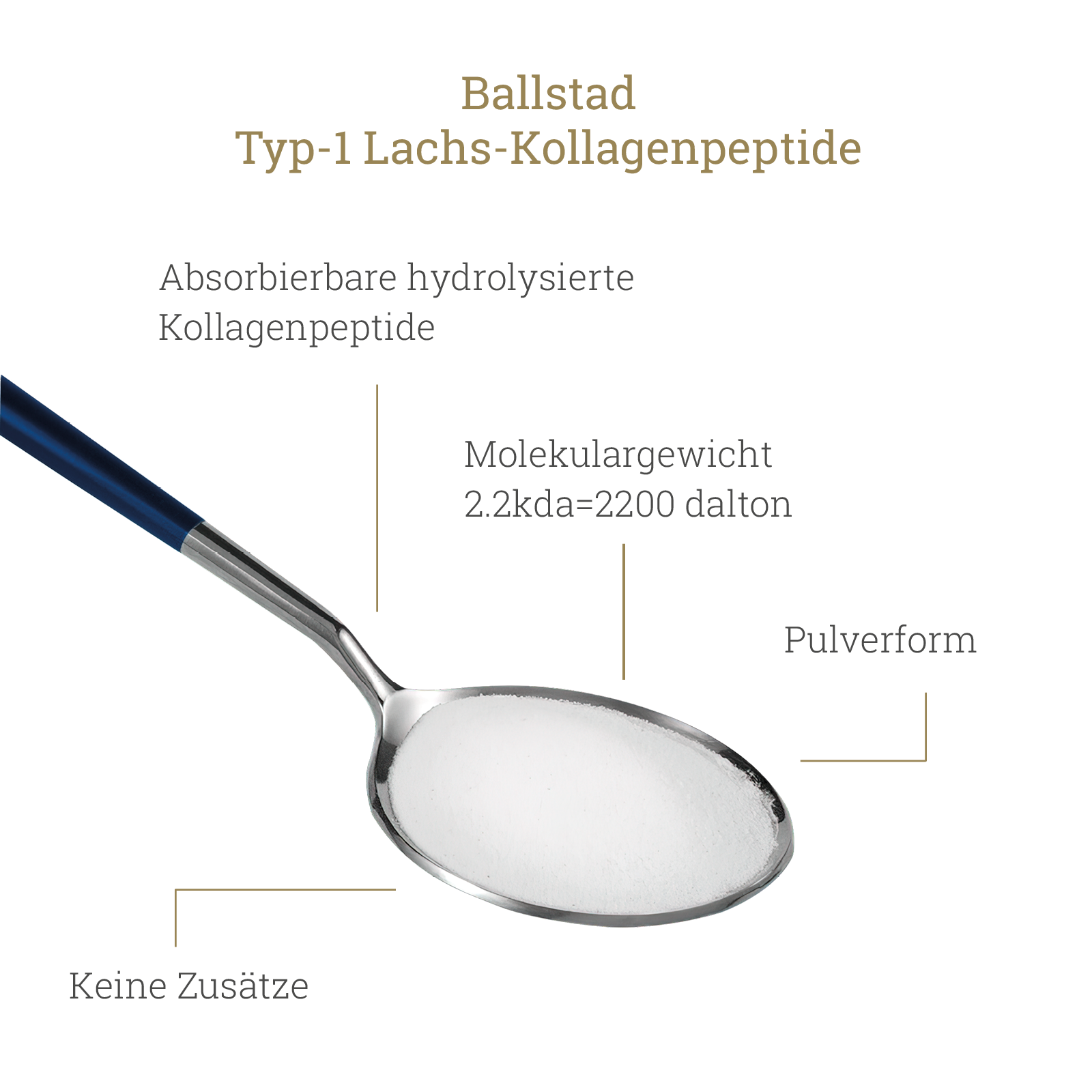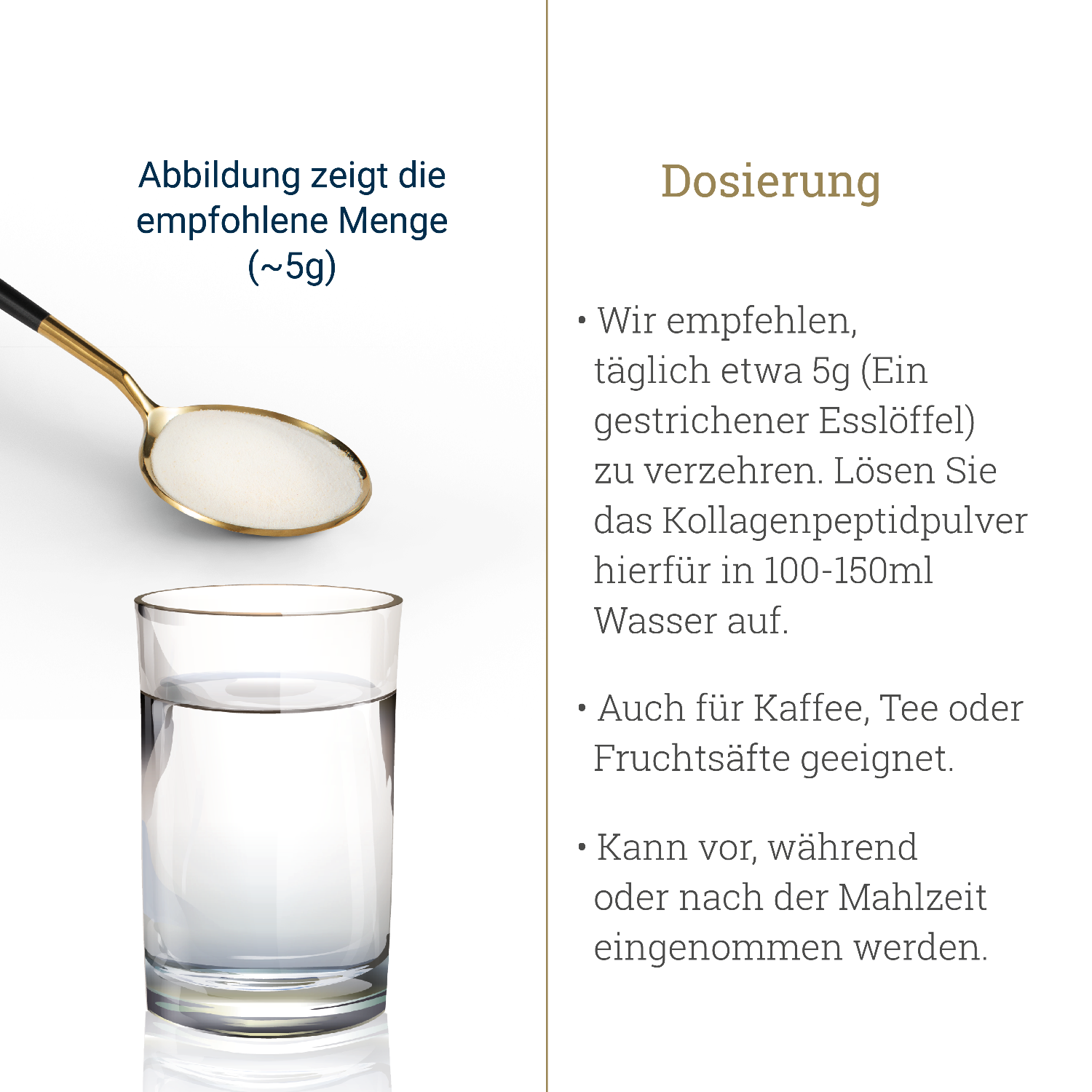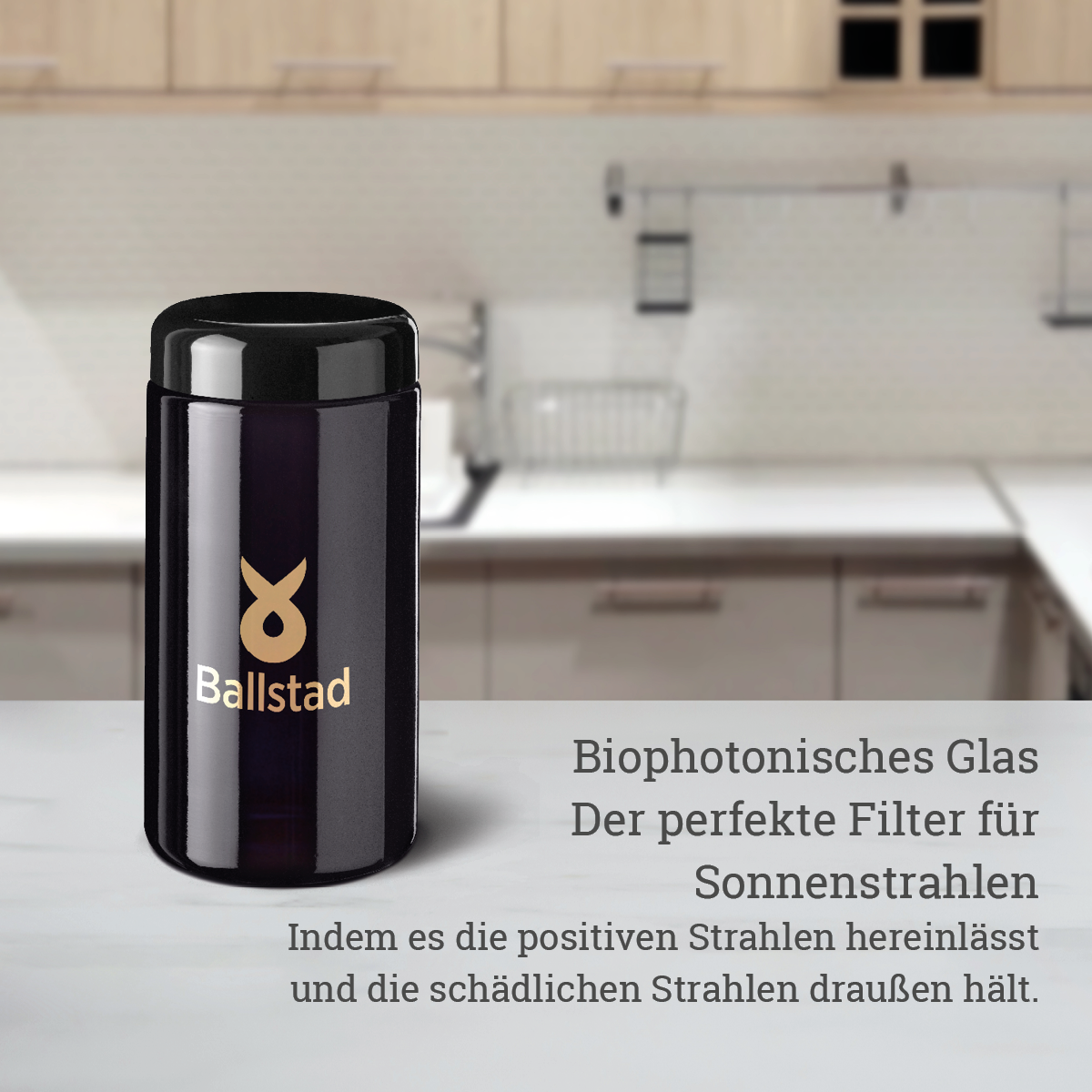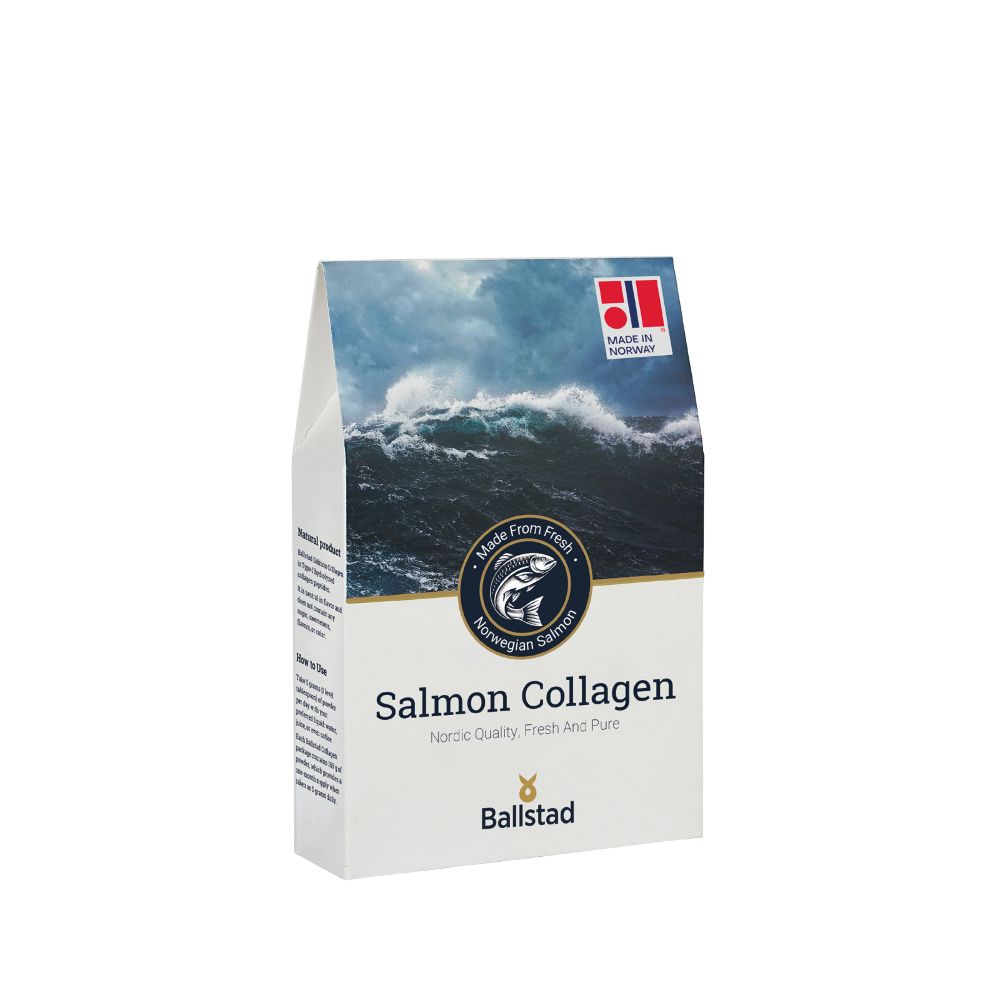Understanding changes in the body – don’t underestimate collagen
With the onset of menopause, many changes occur in a woman's body – one of the most important changes concerns hormone levels , particularly the decline in estrogen . This natural process can affect, among other things, the appearance of the skin, joint sensation, bone structure , and general well-being.
An often overlooked but important component of this change is collagen – a structural protein that provides strength and flexibility to skin, connective tissue and bones.
Why collagen becomes more important in this phase of life
Natural collagen breakdown begins as early as age 25, but accelerates significantly after menopause. Studies show that women can lose up to 30% of their skin collagen in the first five years after menopause. This affects not only skin elasticity , but also connective tissue , bone density , hair, and nails .
One reason for this is the close connection between estrogen and collagen synthesis : When hormone levels drop, the body can produce less new collagen. This can manifest itself in the form of reduced skin elasticity , altered joint mobility , or delayed regeneration .
The role of collagen for skin, joints and bones
-
Collagen fibers form the basic framework for smooth skin and elastic connective tissue
-
Adequate supply supports the natural structure of joints and bones
-
A lack of collagen may be associated with reduced bone stability
-
Nails and hair can also lose their resistance with increasing age
Studies are investigating the relationship between the intake of collagen peptides and parameters such as skin density , skin moisture and physical resilience – particularly in postmenopausal women.
Supplementing collagen – what you should pay attention to
For better absorption by the body, hydrolyzed collagen , which is already broken down into smaller building blocks (peptides), is recommended. Marine collagen from fish, in particular, is considered well-tolerated and highly bioavailable .
Ballstad Marine Collagen contains high-quality type I collagen, which is characterized by its purity, neutral taste, and versatility in everyday life – ideal for coffee, smoothies, or simply a glass of water.
Naturally through the menopause – consciously support
Menopause is not a weakness, but a natural phase in every woman's life. It's not about looking younger—it's about feeling strong, balanced, and comfortable in your own body .
With a targeted supplement such as Ballstad Marine Collagen, your daily diet can be meaningfully expanded – as a contribution to maintaining skin structure , mobility and well-being .
Because doing something good for yourself is right – and important – at any age.
Sources
-
Proksch et al. (2014): Oral supplementation of collagen peptides improves skin elasticity in women – Skin Pharmacology and Physiology
-
Zague et al. (2018): Collagen peptides and the potential benefits for skin and connective tissue
-
EFSA Journal: Assessment of collagen hydrolysate and claims related to bone and skin
-
Regulation (EC) No 1924/2006: Health Claims on Foods
-
BfR (Federal Institute for Risk Assessment): Information on collagen in food supplements


